Day One Recording:
Day Two Recording:
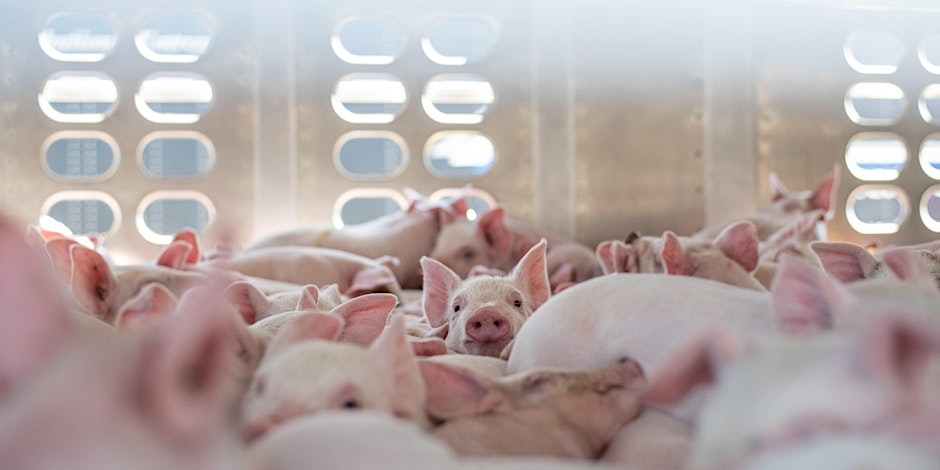
Event Information
Date:
September 25 & 26, 2024
Time:
8:00 a.m. – 5:00 p.m. CT
Location:
Parents Hall, Olmsted Center at Drake University (2875 University Ave., Des Moines, IA 50311)
Cost:
- In-person registration for both days will cost $100, although attendance is free for Drake students (with registration) and many scholarship opportunities are available. Please email Adam.Shriver@drake.edu to find out more about opportunities for discounted tickets.
Download and View the Agenda
Event Summary
Hosted by the Harkin Institute for Public Policy and Citizen Engagement with an Introduction from Senator Tom Harkin (retired), in collaboration with the Johns Hopkins Center for a Livable Future. This event is part of Iowa Environmental Education Week co-organized with the Iowa Environmental Council.
The rapid concentration of farm animal production in factory farms makes meat, dairy, and eggs plentiful and cheap, but this type of agriculture comes at a great cost to human health, communities, and the environment. A new book by Johns Hopkins University Press, Industrial Farm Animal Production, the Environment, and Public Health, brings together public health and other experts to examine some of the most critical topics related to industrial farm animal production. This conference convened in Des Moines, Iowa – the capital of the state with the greatest density of confined animal feeding operations, will highlight critically important information from the book and provide a forum for expert perspectives on growing threats to public health that are too often overlooked.
Large-scale industrial animal operations endanger the health of farm and meatpacking workers, fenceline neighbors, and rural communities. Practices employed in the industrial production of farm animals introduce an array of hazards into the air and water, including antibiotic-resistant pathogens and other microbes as well as nitrates and other harmful chemicals. A growing body of scientific evidence suggests that these have serious implications for the health of agricultural workers and rural community residents, as well as for ecological systems. The burden of animal production isn’t evenly shouldered across our society –industrial animal operations are located predominantly in rural areas, often next to low-income communities of color lacking the political capital to push back against the industry. Despite the clear need for greater worker protection and oversight to mitigate the environmental harms and environmental injustices of these practices, factory farms have been notoriously difficult to regulate. Large global food companies have driven independent producers nearly to extinction, sapped the economic vitality of rural communities, and amassed sweeping political influence at both the state and national levels to effectively prevent mitigation efforts.
This two-day conference will examine pertinent topics such as the history, structure, and trends in the factory farming industry; water and air pollution; infectious disease health effects; community and social impacts; environmental justice and sustainable agriculture; and the impacts of COVID-19 among meatpacking workers. With an introduction by Senator Tom Harkin (retired), the hope of the conference is to highlight the serious risks posed to environmental and human health by current farming systems and to examine local and national strategies for moving towards a system that prioritizes health and well-being.
Speakers:
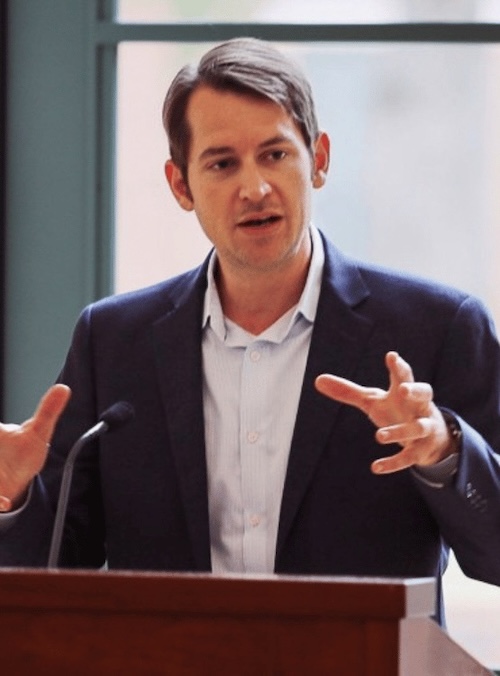
Corban Addison
Corban Addison is the international bestselling author of four novels, A Walk Across the Sun, The Garden of Burning Sand, The Tears of Dark Water, and A Harvest of Thorns, and one work of narrative nonfiction, Wastelands: The True Story of Farm Country on Trial. His books have been published in more than twenty-five countries and have won multiple awards. They address some of today’s most pressing issues of justice and human rights. Corban holds a law degree from the University of Virginia and an engineering degree from Cal Poly, San Luis Obispo. After completing a judicial clerkship, he spent six years trying cases in the courtroom before turning to writing full-time. He is a supporter of numerous causes, including environmental justice and the abolition of modern slavery. He lives with his wife and children in Virginia.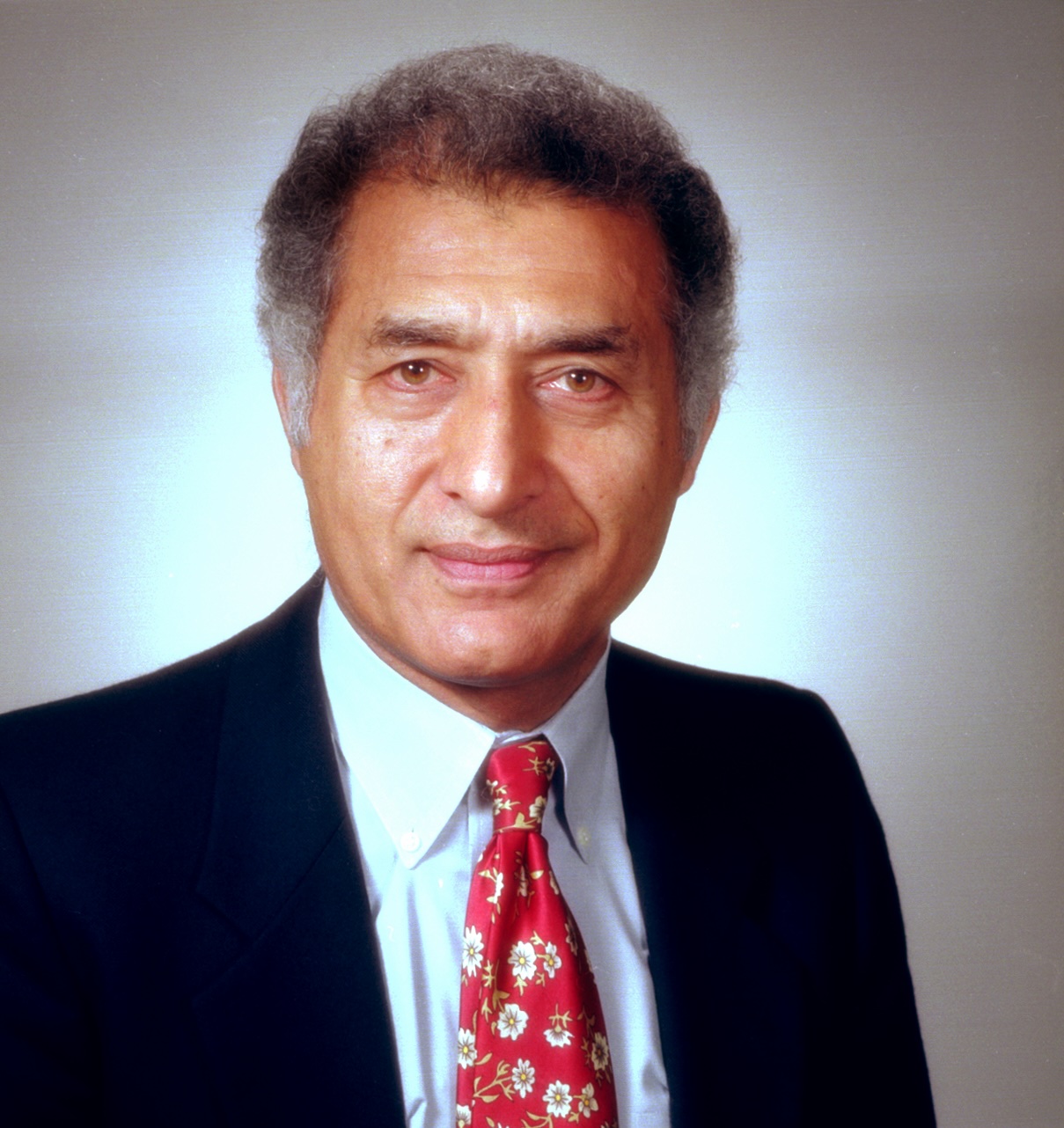
Dr. Viney P. Aneja
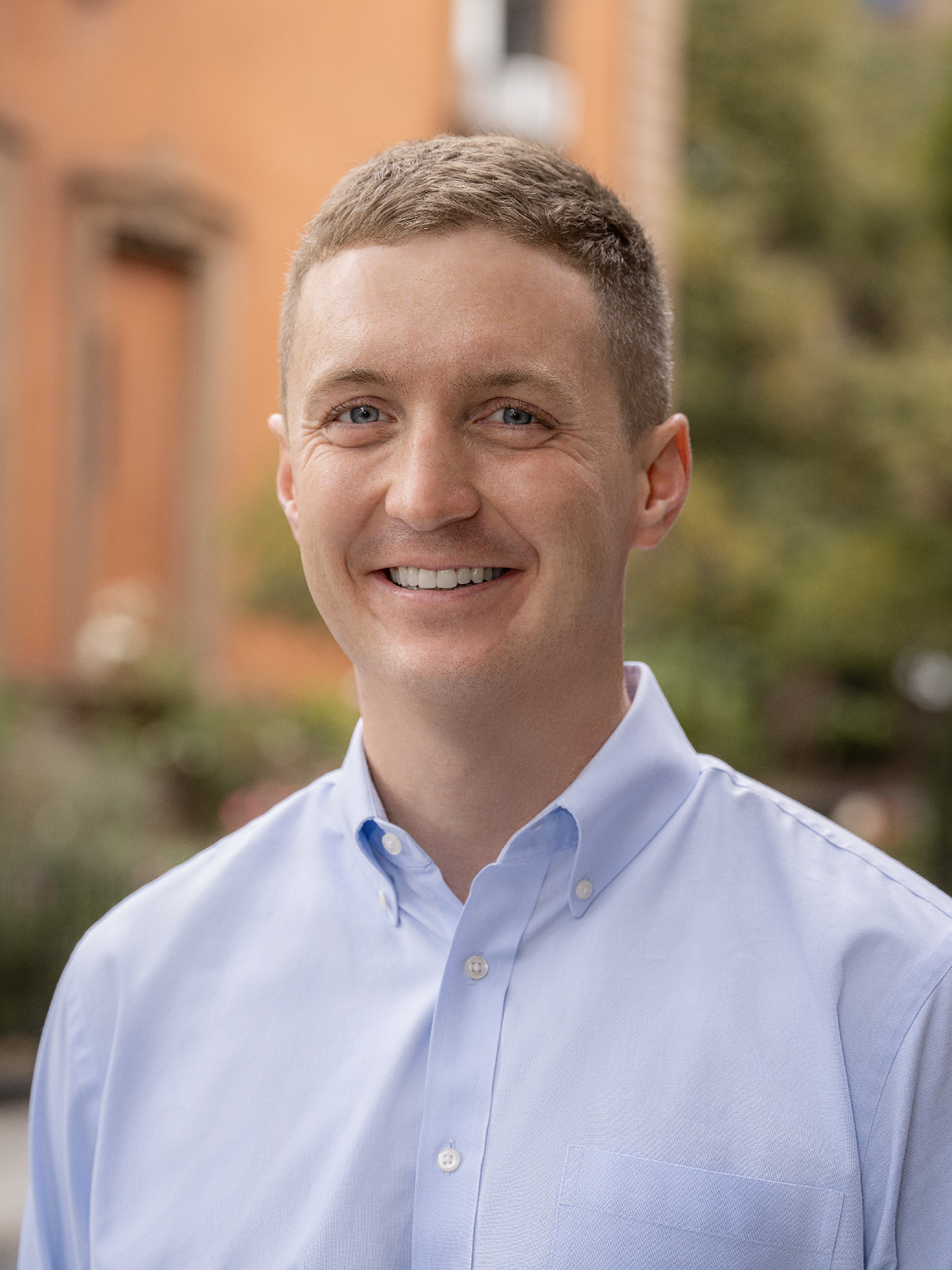
Austin Frerick
Austin Frerick is an expert on agricultural and antitrust policy. He worked at the Open Markets Institute, the U.S. Department of Treasury, and the Congressional Research Service before becoming a Fellow at Yale University. He is a 7th generation Iowan and 1st generation college graduate, with degrees from Grinnell College and the University of Wisconsin, Madison.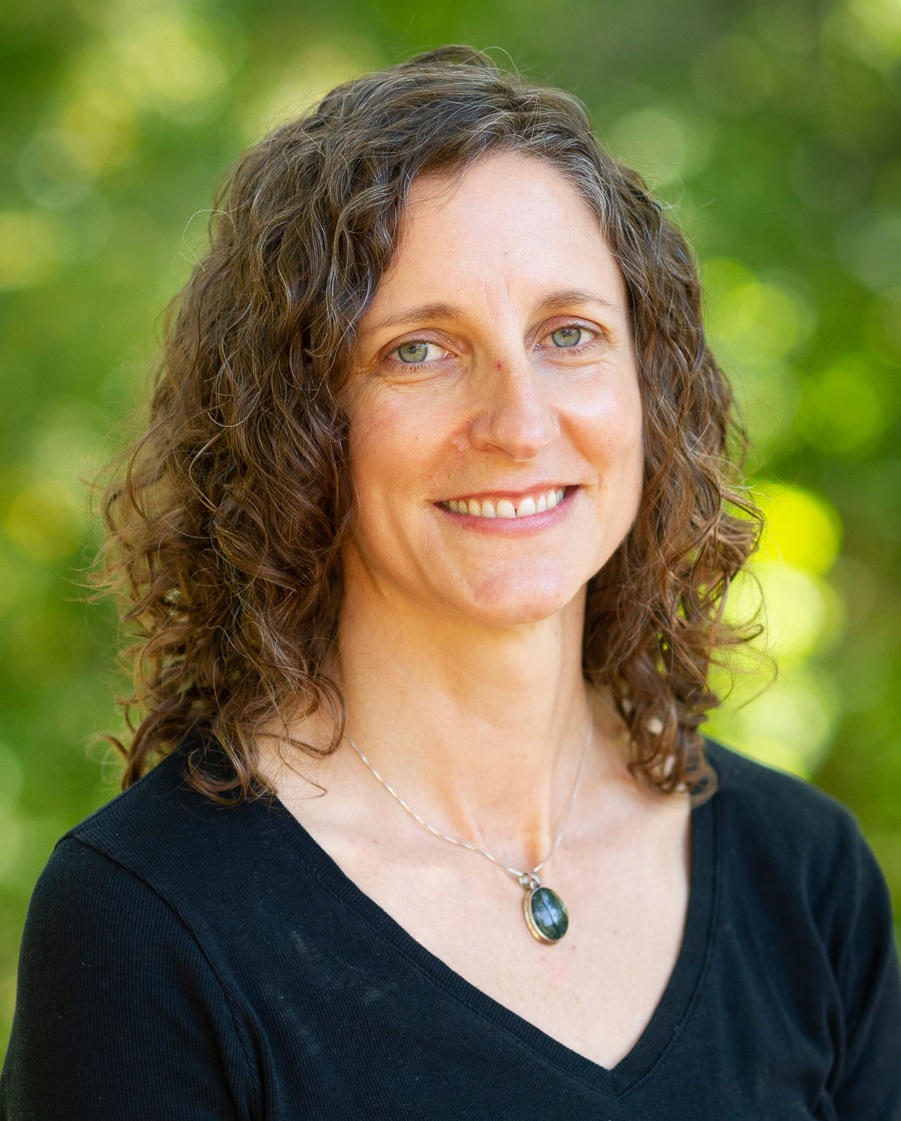
Dr. Virginia Guidry
Dr. Virginia Guidry is the head of the Occupational and Environmental Epidemiology Branch at the North Carolina Department of Health and Human Services (NCDHHS), where she also serves as the NCDHHS Environmental Justice Lead and the Co-Chair of the Governor’s Environmental Justice Advisory Council. She has a PhD in Epidemiology and a Master of Public Health in Maternal and Child Health, both from the University of North Carolina at Chapel Hill where she was mentored by the late Dr. Steve Wing. She has worked on environmental health and environmental justice issues in North Carolina since 2003 and received the 2024 Ronald H. Levine Legacy Award for her contributions to public health in North Carolina.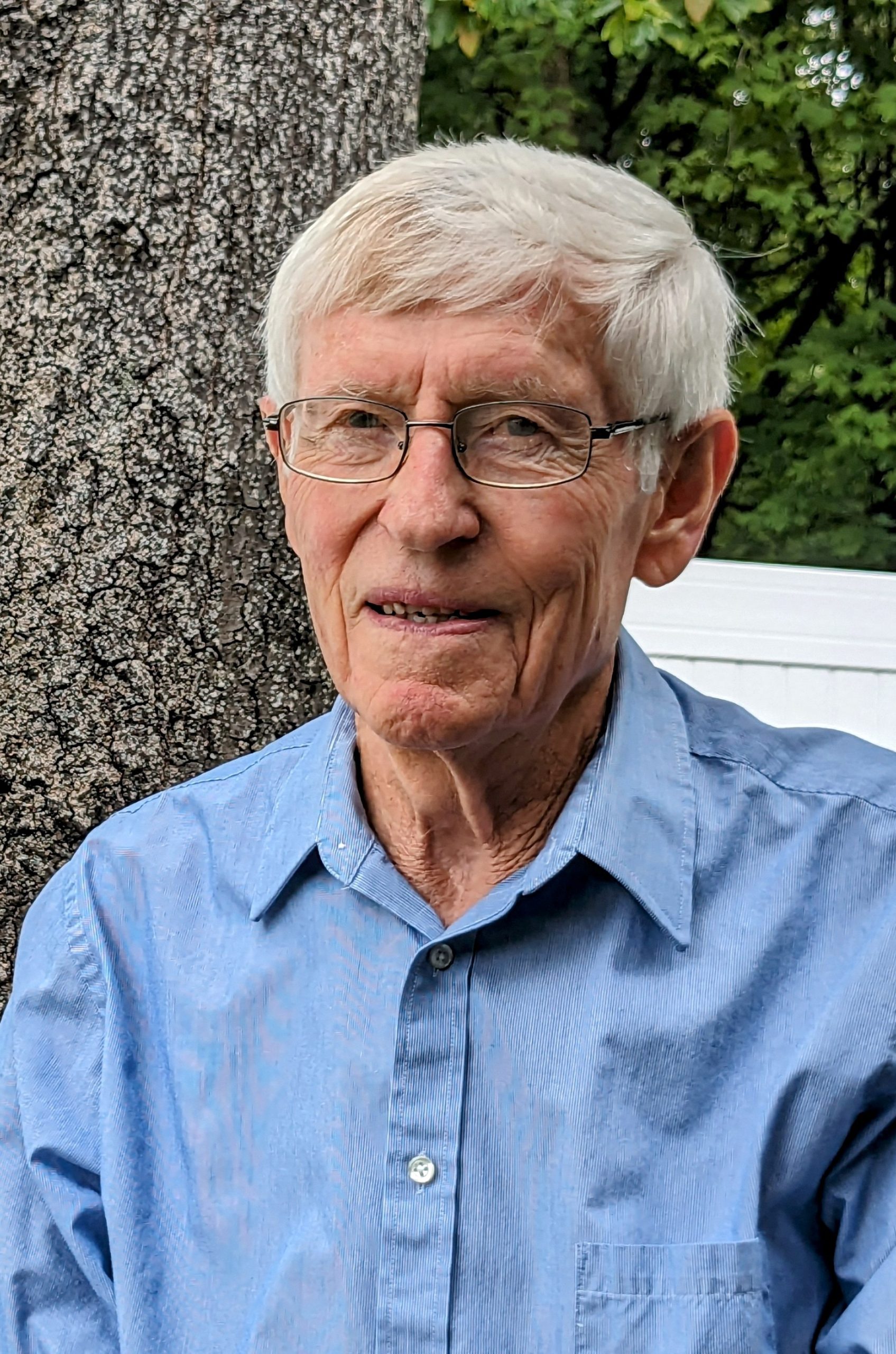
John Ikerd
John Ikerd is Professor Emeritus of Agricultural Economics at the University of Missouri. He has worked for a large meatpacking company and spent the first half of his 30-year academic career as a livestock marketing specialist before becoming a critic of industrial animal agriculture and industrial agriculture in general. For the past 30 years, Dr. Ikerd has worked with people confronted with the environmental and public health threats posed by CAFOs in more than 20 states, four Canadian provinces, and several other foreign countries.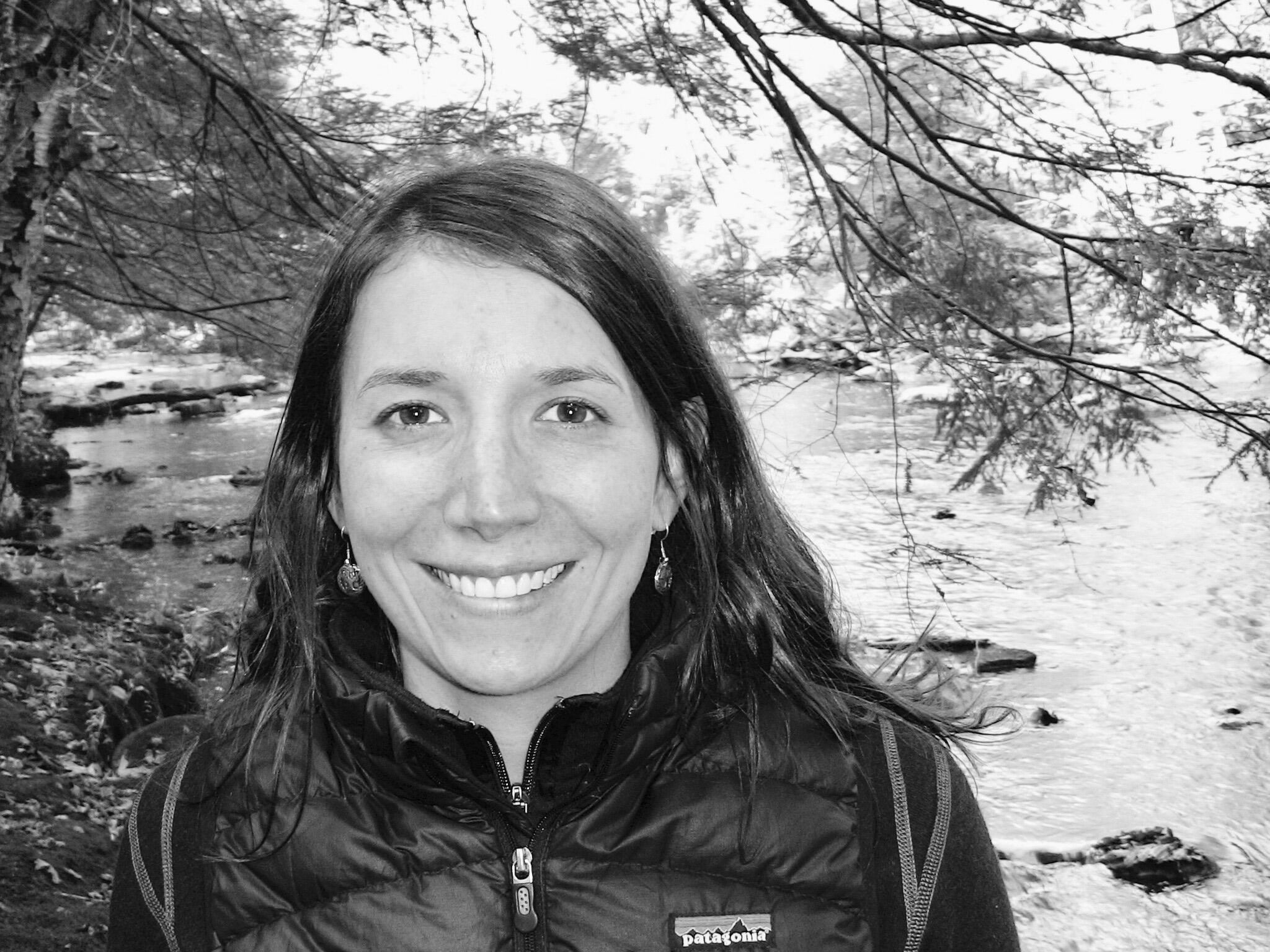
Krissy Kasserman
Krissy Kasserman is Food & Water’s Factory Farm Organizing Director. Krissy has over 20 years’ experience in environmental advocacy and rural organizing and oversees FWW’s factory farm organizing work in several key states and at the federal level.
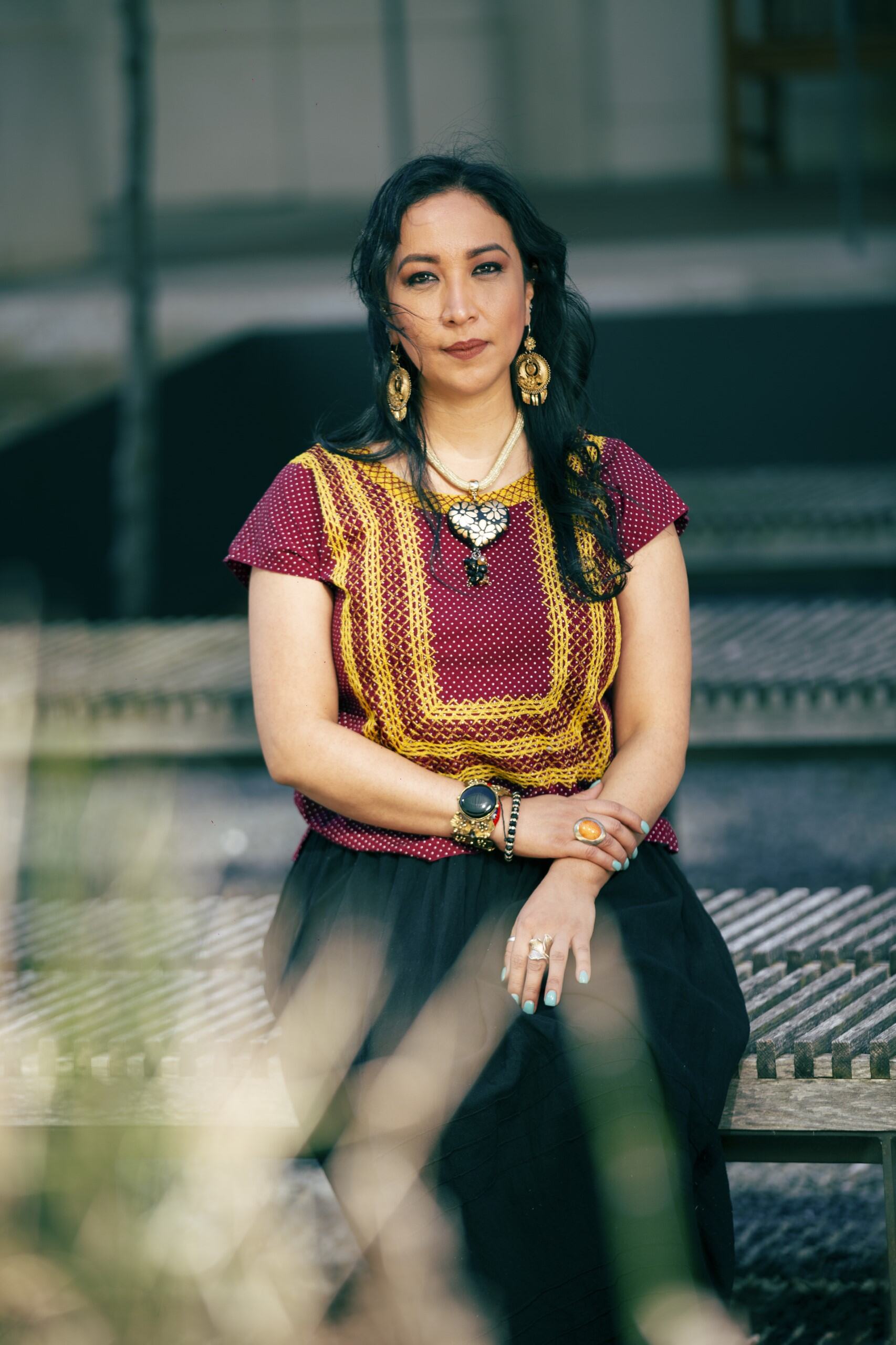
Magaly Licolli
Magaly Licolli is the Executive Director of Venceremos, a human rights worker-based organization that she co-founded, which works to ensure the dignity of poultry workers. She currently serves as a member of the Labor Research and Action Network Advisory Committee, as a Board of Directors of Labor Notes, and as a member of the advisory committee of Civil Eats.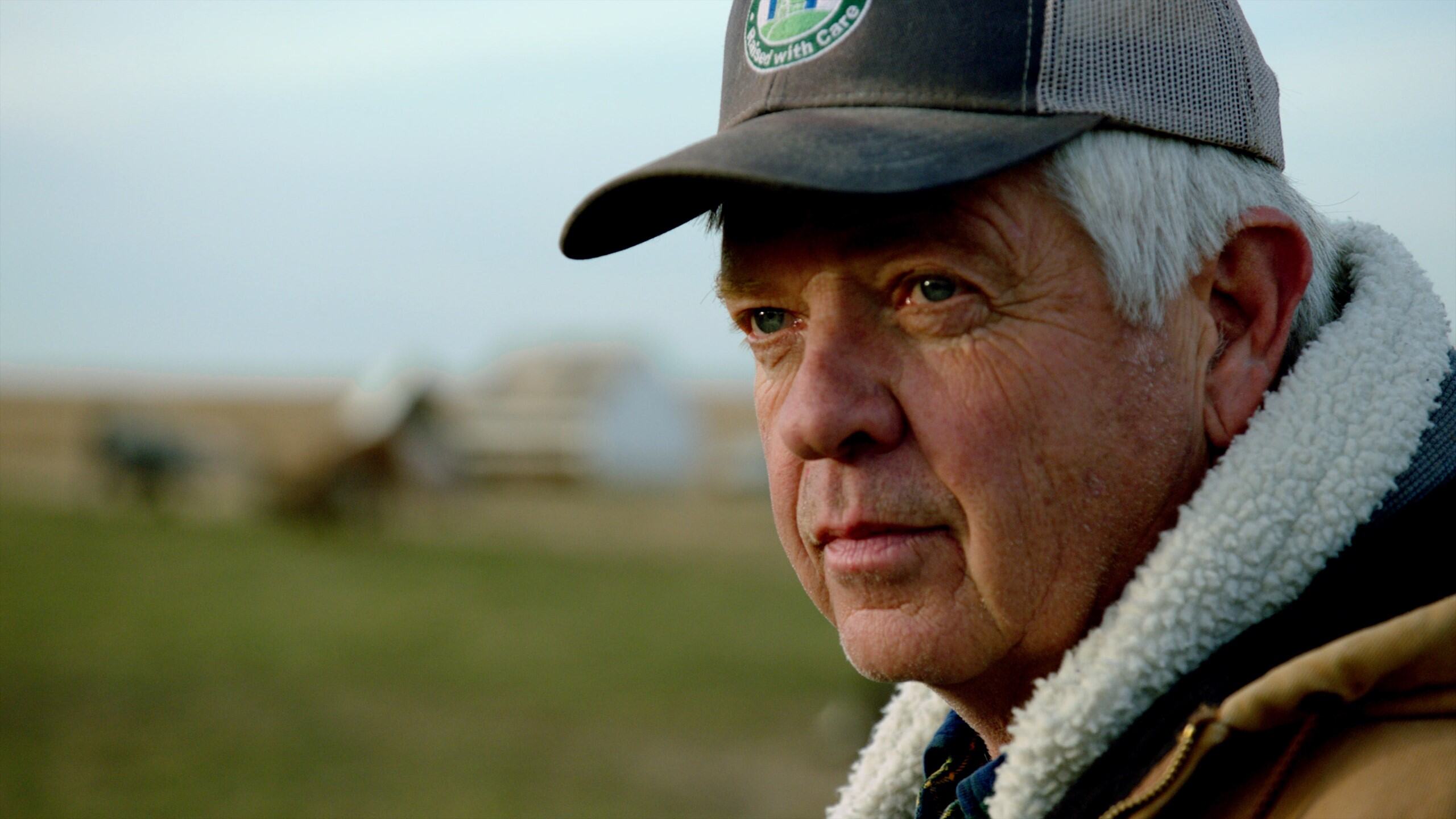
Ron Mardesen
Ron Mardesen’s farm, A-Frame Acres in southwest Iowa, has been in the family for five generations, with three generations currently working the land. The Mardesens have been farming sustainably and raising pigs humanely without antibiotics for Niman Ranch since 2002. Ron was a field agent for the company for more than a decade, supporting hundreds of independent family farmers before moving to his current role as a mentor and spokesperson. A-Frame Acres has been featured on 60 Minutes, CNBC, in the Associated Press and many other publications, and in ads for Chipotle and ButcherBox. Ron has hosted hundreds of guests on his farm and is a mentor to beginning and young farmers throughout the Midwest.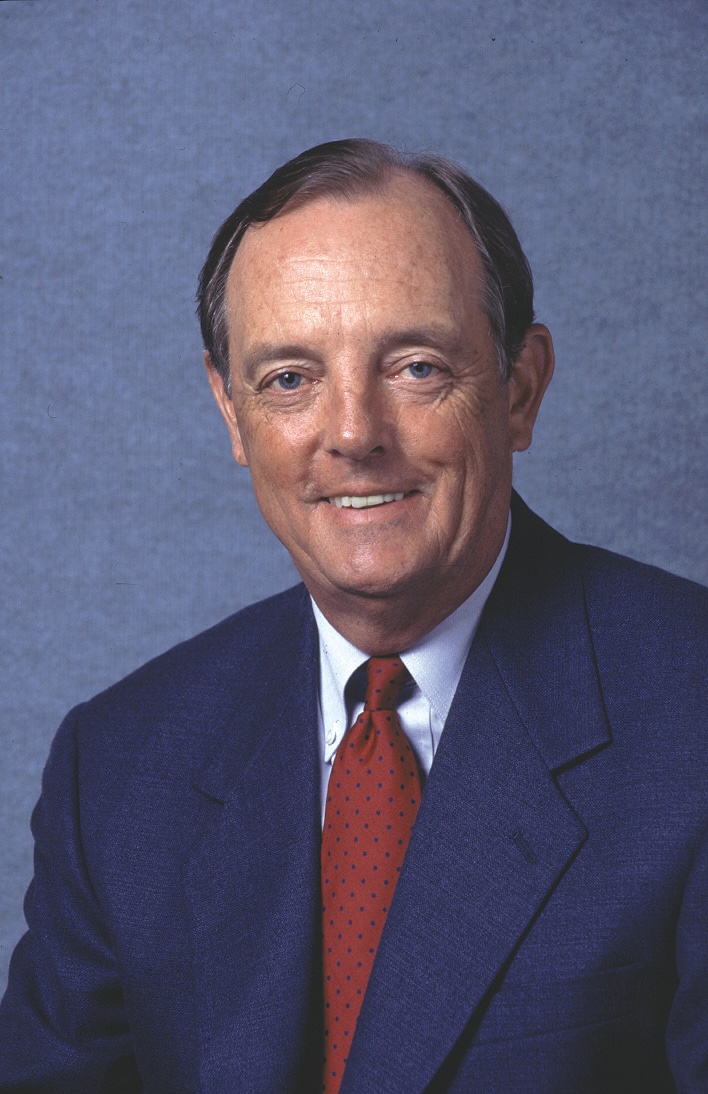
James A. Merchant
James A. Merchant, MD, DrPH is a graduate of Iowa State University (BS), University of Iowa (MD), and the University of North Carolina (DrPH). He was a commissioned officer in the US Public Health Service with the Centers for Disease Control and Prevention (CDC) from 1968-70 as an Epidemic Intelligence Officer and 1975-1981 as the Director of the Division of Respiratory Disease Studies, National Institute of Occupational Safety and Health, CDC. He was a UI Professor in the College of Medicine from 1981-1999 and Professor in the Colleges of Public Health and Medicine from 1999-2014. He is the founding Dean of the College of Public Health serving from 1999-2008. Beginning in 2015 he became Professor and Dean Emeritus in the UI College of Public Health. He served as the Chair of the Review Committee for the Health Effects Institute in Boston from 2014-2020.
Tom Philpott
Tom Philpott is a senior research associate at the Johns Hopkins Center for a Liveable Future, and a longtime food and agriculture journalist, most recently covering the beat for Mother Jones (2011-2022). He is the author of Perilous County (2020).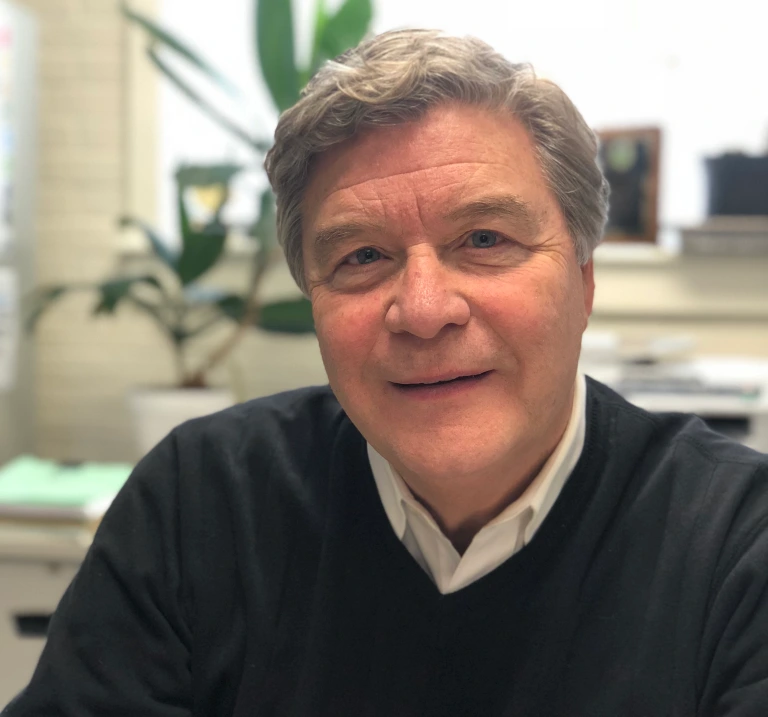
Jerald Schnoor
Jerald Schnoor is Allen S. Henry Chair in Engineering, Professor of Civil and Environmental Engineering, Professor of Occupational and Environmental Health, and Co-director of the Center Global & Regional Environmental Research at the University of Iowa USA. Schnoor’s research interests include phytoremediation, water quality modeling, exposure assessment, and climate change. Jerry is a member of the US National Academy of Engineering, elected in 1999 for “research and engineering leadership in development, validation, and utilization of mathematical models for global environmental decision-making”. Jerry served as Editor-in-Chief of Environmental Science & Technology, 2002-2014, and as the founding Editor-in-Chief of ES&T Letters, 2012-2014.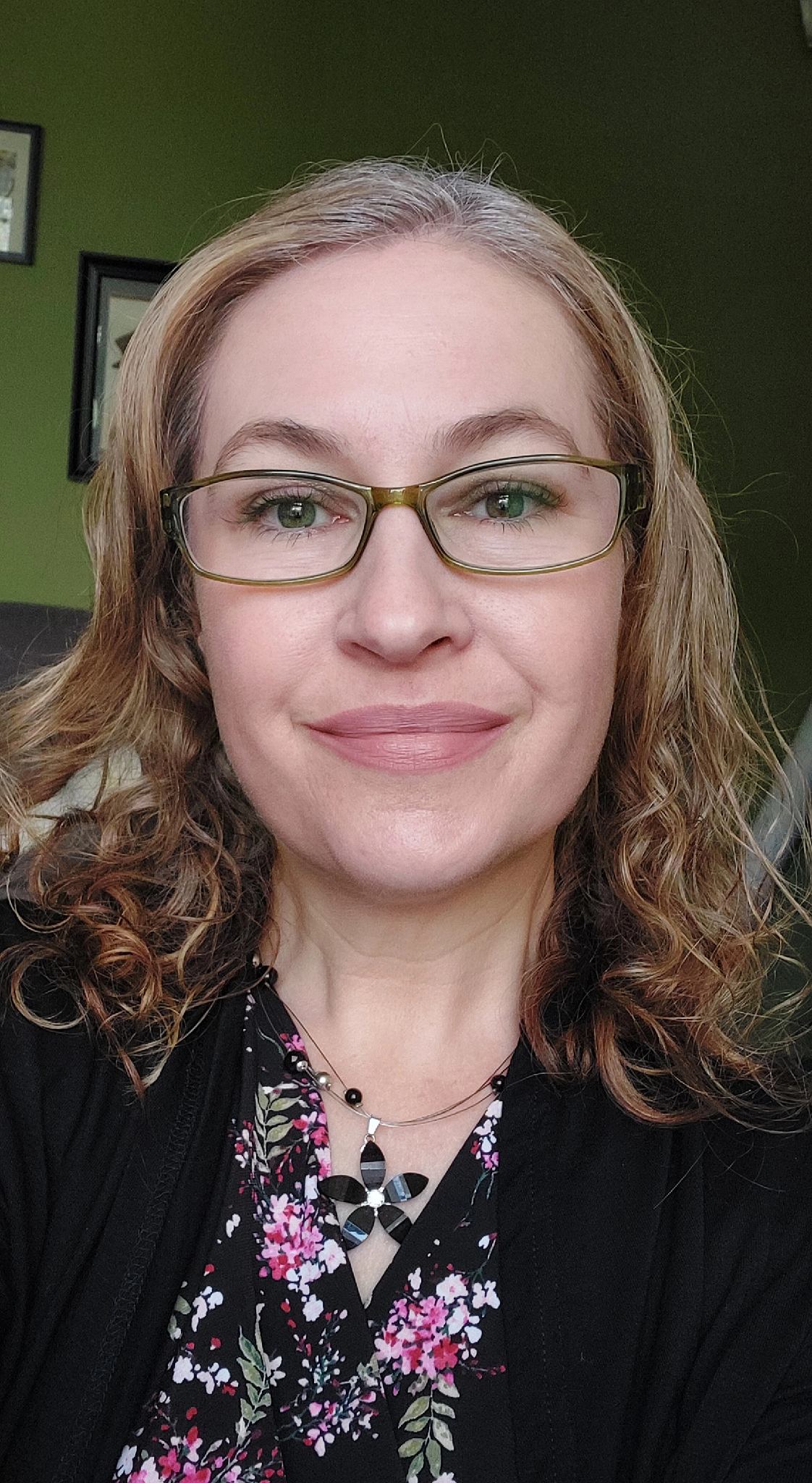
Tara C. Smith
Tara C. Smith is an infectious disease epidemiologist with 20 years of experience studying Staphylococcus aureus transmission. Her primary research examines S. aureus transmission among livestock and farm workers, and was the first to demonstrate livestock-associated methicillin-resistant Staphylococcus aureus (MRSA) in the United States.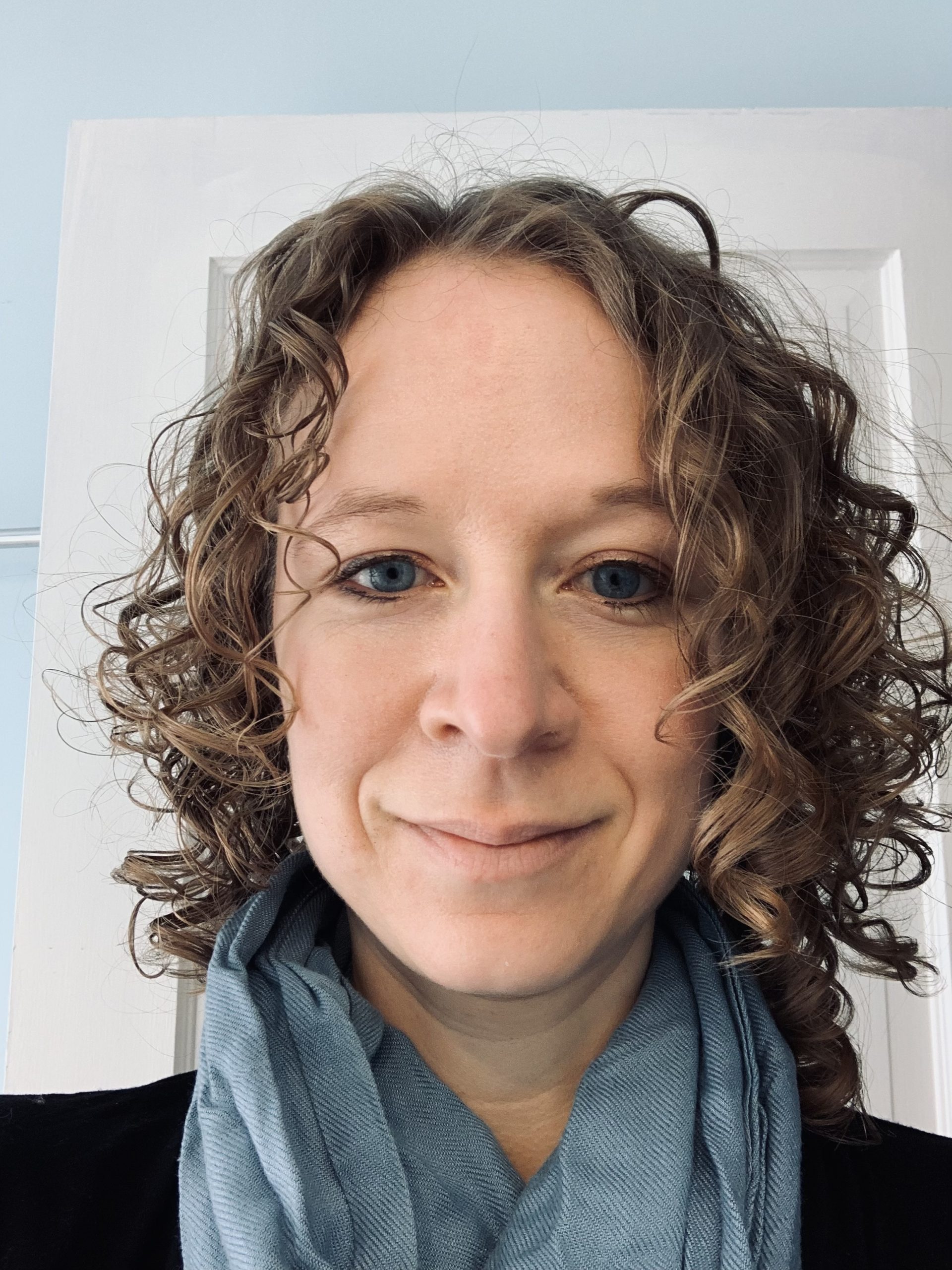
Amanda Starbuck
Amanda Claire Starbuck is the Research Director at Food & Water Watch, a national nonprofit fighting for sustainable food, clean water, and a livable climate for everyone. She oversees campaign-based research that supports Food & Water Watch’s advocacy efforts. Her particular focus is on ending factory farms, fighting corporate consolidation, and supporting family-scale farms. Amanda holds a bachelor’s degree in English and Philosophy & Religion from the University of North Dakota, and a master’s in Global Environmental Policy from American University. She lives in Longmont, Colorado and can be reached at astarbuck@fwwatch.org.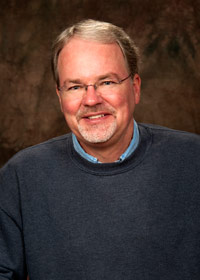
Kendall Thu
Kendall Thu is a retired Presidential Anthropology Professor Emeritus at Northern Illinois University.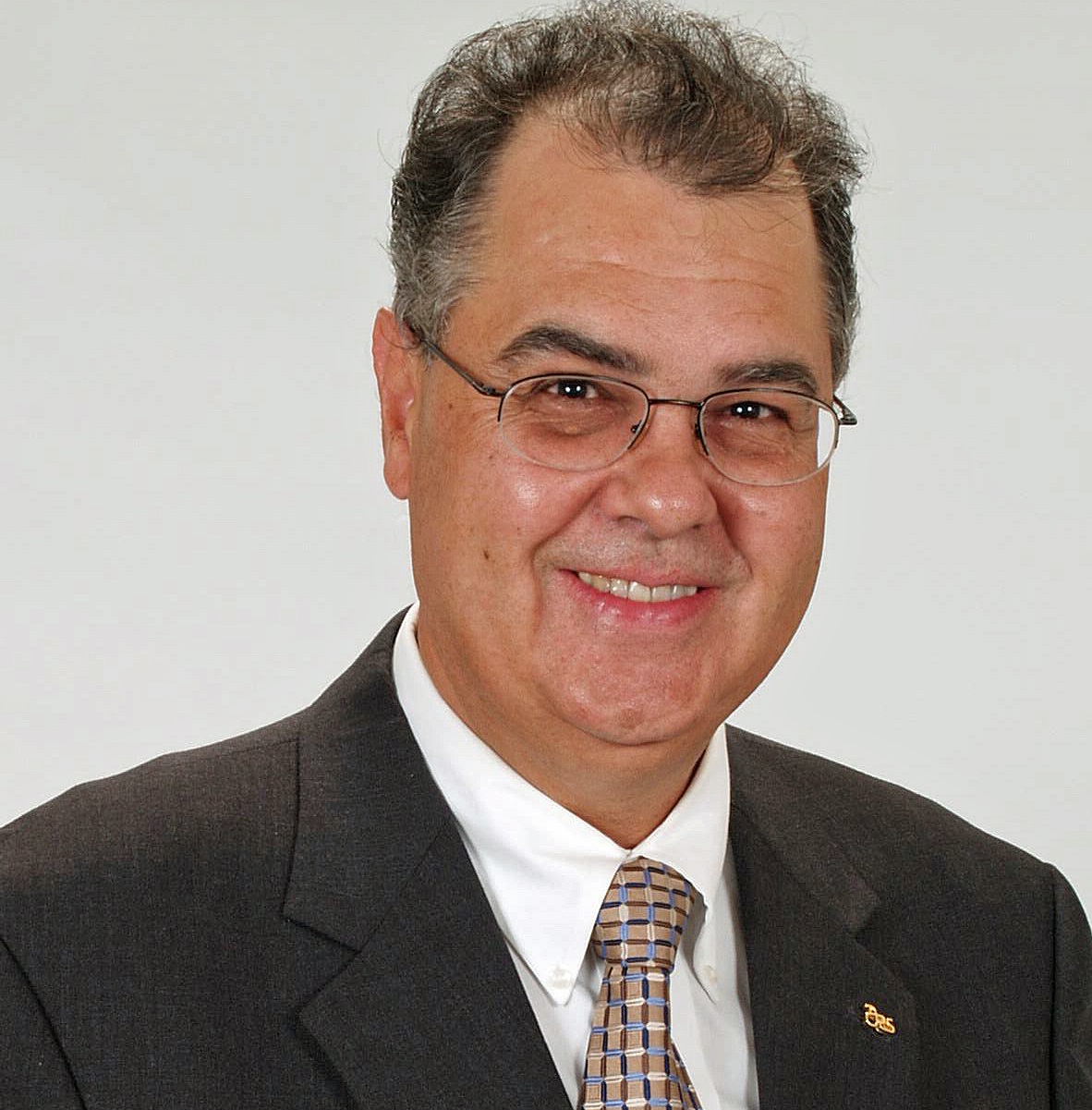
Dr. Matias Vanotti
Dr. Matias Vanotti is a Super-grade Scientist with the United States Department of Agriculture (USDA). His research with USDA’s Agricultural Research Service (ARS) since 1995 has focused on development of innovative treatment technologies for livestock waste. He holds 18 patents. He received the Presidential Rank Award and five times the National Award for Excellence in Technology Transfer given by the Federal Laboratory Consortium (FLC).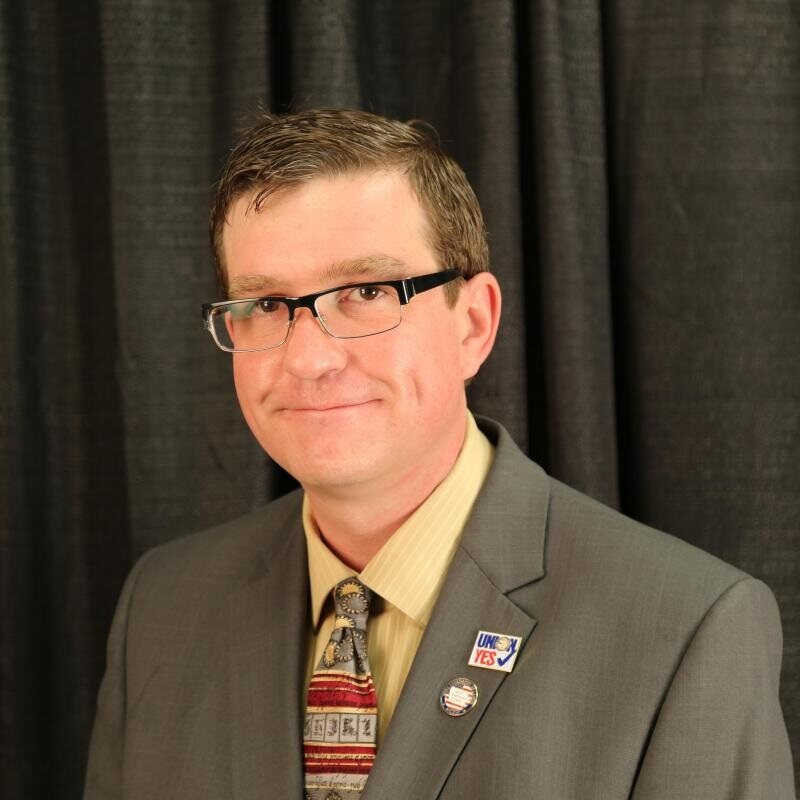
Charlie Wishman
Charlie Wishman serves as the President of the Iowa Federation of Labor, AFL-CIO. He has served in that role since 2020, and had previously served as Secretary-Treasurer since 2011. Charlie is a member of International Association of Machinists Local 254.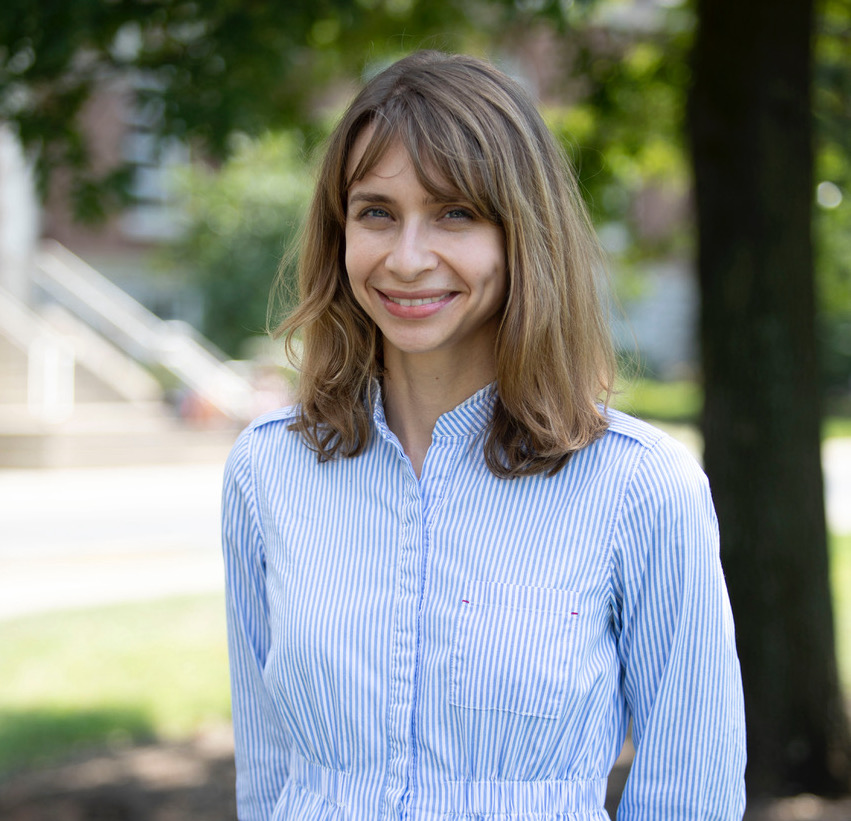
Loka Ashwood
Loka Ashwood is an associate professor of sociology at the University of Kentucky. She studies the legal and organizational structures that prompt environmental injustices and animosity toward the state. She works with frontline communities to strengthen democracy and work toward ecological freedom.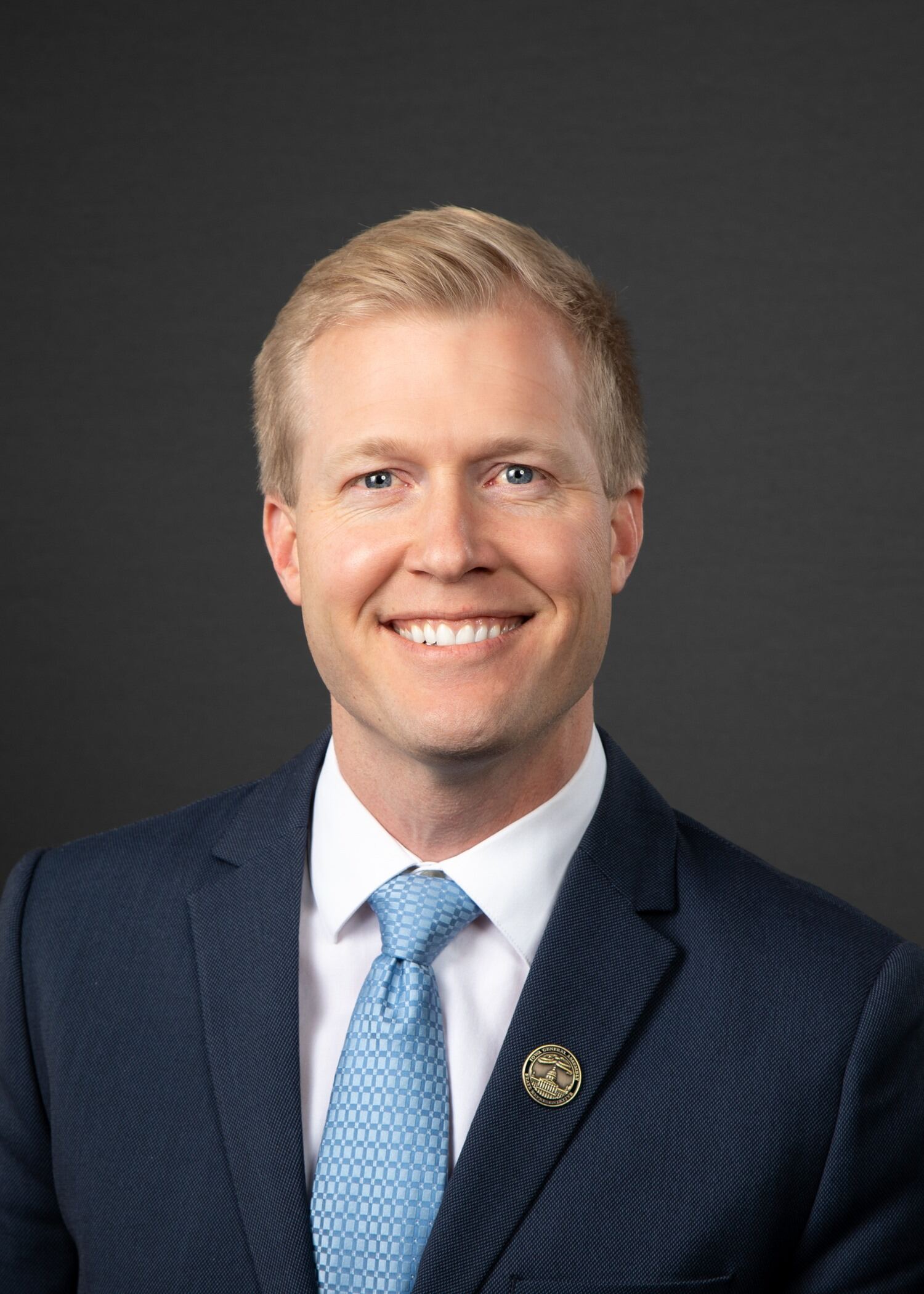
Austin Baeth
Iowa State Representative
Rep. Austin Baeth is a physician who has represented the 36th district in the Iowa House of Representatives since January 2023, which consists of parts of west-central Des Moines. Baeth is a member of the Health and Human Services, State Government, and Environmental Protection committees, the lattermost of which he is the ranking member. Rep. Baeth has been an outspoken advocate for state policy to combat Iowa’s climbing cancer rates, including legislation to study and mitigate environmental health hazards. Aside from legislative duties, Dr. Baeth practices internal medicine and palliative care and is also co-owner of a restaurant group in Des Moines. He resides with his wife, Stephanie, and their two children in the Sherman Hill neighborhood of Des Moines.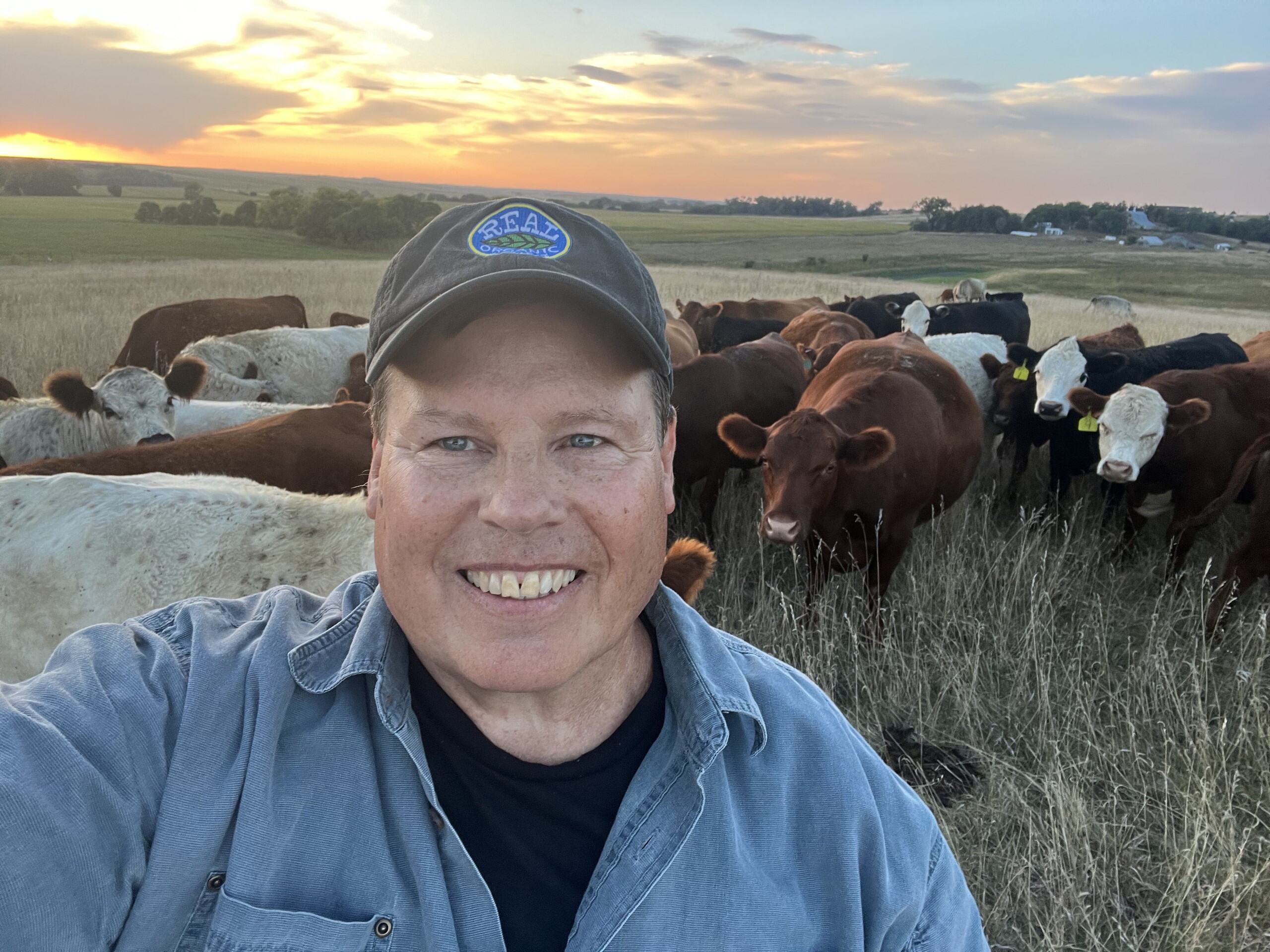
Kevin Fulton
Kevin Fulton owns and operates Clear Creek Land & Livestock, a holistically managed organic farming and ranching operation in central Nebraska. He has held leadership positions in agricultural organizations on state and national levels and currently serves on the National Governing Council of the Organic Farmers Association. He has a B.S. degree in Animal Science from Kansas State University and a M.S. degree in Exercise Physiology from Colorado State University.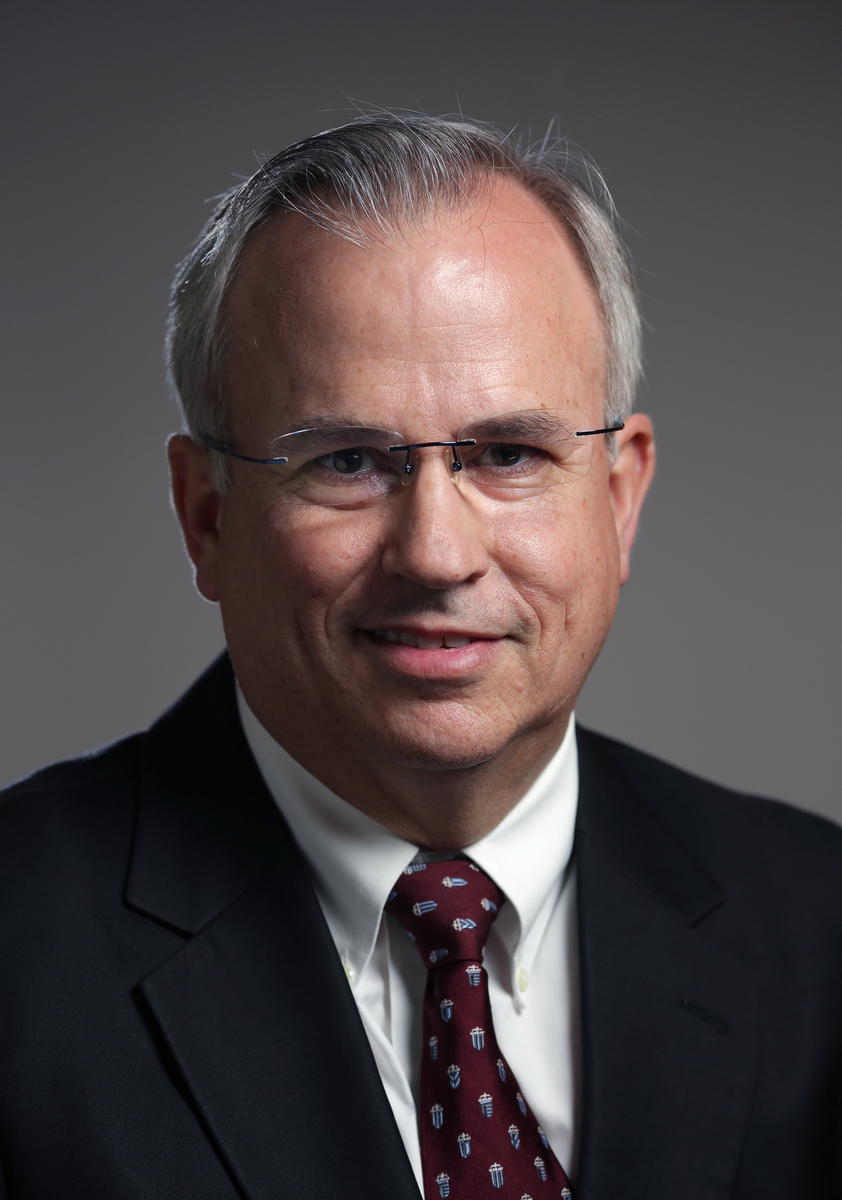
Gregory C. Gray
Gregory C. Gray MD, MPH is a Professor in Infectious Disease Epidemiology in the Departments of Internal Medicine (Infectious Diseases Division), Microbiology & Immunology, and Global Health at the University of Texas Medical Branch in Galveston, Texas. Dr. Gray has conducted diverse epidemiological studies of infectious diseases for more than 25 years in 5 continents. He has authored more than 380 peer-reviewed manuscripts and book chapters.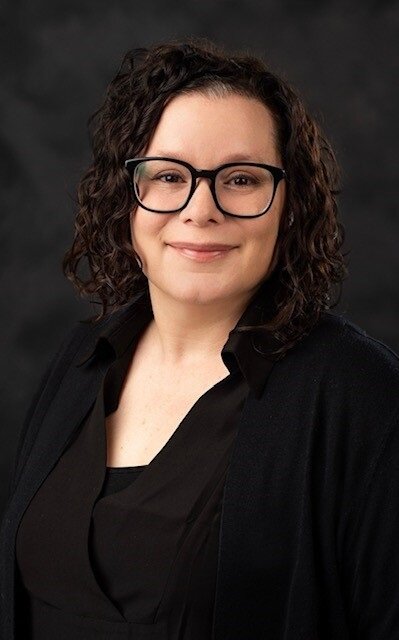
Dr. Aimee Imlay
Dr. Aimee Imlay is a rural sociologist who studies the political economy of rural poverty, with a focus on industrial agriculture and agricultural policy. She has previously studied right-to-farm laws, the relationship between agricultural policy and rural poverty, and is currently researching the relationship between industrial animal production and persistent poverty in Mississippi.
Jim Larew
For more than thirty years, Attorney Jim Larew has had the privilege of providing legal services to Iowans throughout the state.As an honors graduate of both Harvard University and the University of Iowa College of Law, Jim practices law over a broad range of civil and criminal matters including employment, civil rights, family law, environmental law, and property law.
Jim has tried many cases in state and federal courthouses in Iowa and Illinois, and has argued appeals before the Iowa Supreme Court and the Federal Court of Appeals for the Seventh and Eighth Circuits. Jim has broadened the focus of his law practice to include advocating for the interest of Iowa policy holders against insurance companies who have acted in bad faith and against environmental polluters.
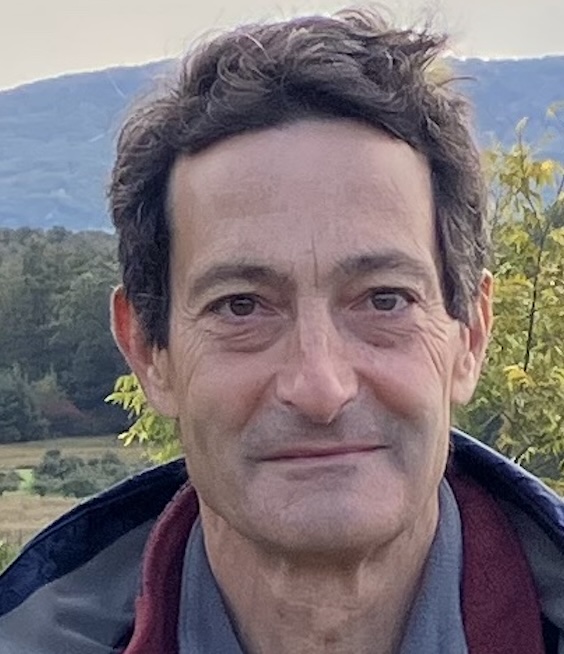
Matt Liebman
Matt Liebman is a professor emeritus of agronomy and the former Henry A. Wallace Endowed Chair for Sustainable Agriculture at Iowa State University. His research, teaching, and outreach activities have focused on ways to use ecological processes to improve food security and environmental quality. Matt is a fellow of the American Society of Agronomy, a subject editor for the journal Weed Research, a board director for Practical Farmers of Iowa, and a contributor to publications and workshops of the National Academies of Sciences, Engineering, and Medicine.
Robert Martin
Robert Martin previously worked as the director of the Food System Policy Program at the Center for a Livable Future from 2011 to March 2023. Before joining the Center, Bob worked on Capitol Hill, in the state legislature, and for a family farm advocacy group. He also worked for The Pew Charitable Trusts, where he served as a senior officer at the Pew Environment Group following the dissemination of his work as Executive Director of the Pew Commission on Industrial Farm Animal Production.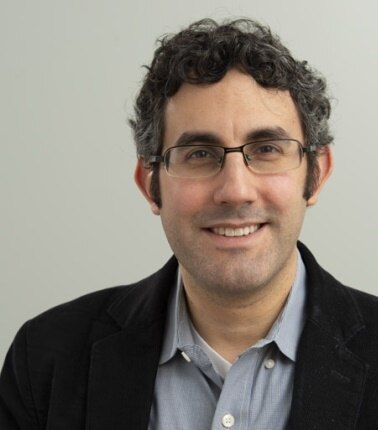
Keeve Nachman
Dr. Keeve Nachman is the Robert S. Lawrence Professor and Associate Director of the Johns Hopkins Center for a Livable Future. He is also the Associate Chair of Environmental Health and Engineering at the Johns Hopkins Bloomberg School of Public Health, and the Co-Director of the Risk Sciences and Public Policy Institute. Keeve has more than 20 years of experience conducting research and teaching in the field of food systems, environmental health and risk assessment. His research focus is the application of the risk sciences to decision-making in the context of diet, drinking water, soils, dust, biosolids, and other human exposures. He has published on an array of food systems and environmental health topics, including food- and water-borne chemical and microbiological hazards, epidemiologic investigations of agricultural communities, soil exposure factors, and the use of epidemiology and computational toxicological methods in risk assessment.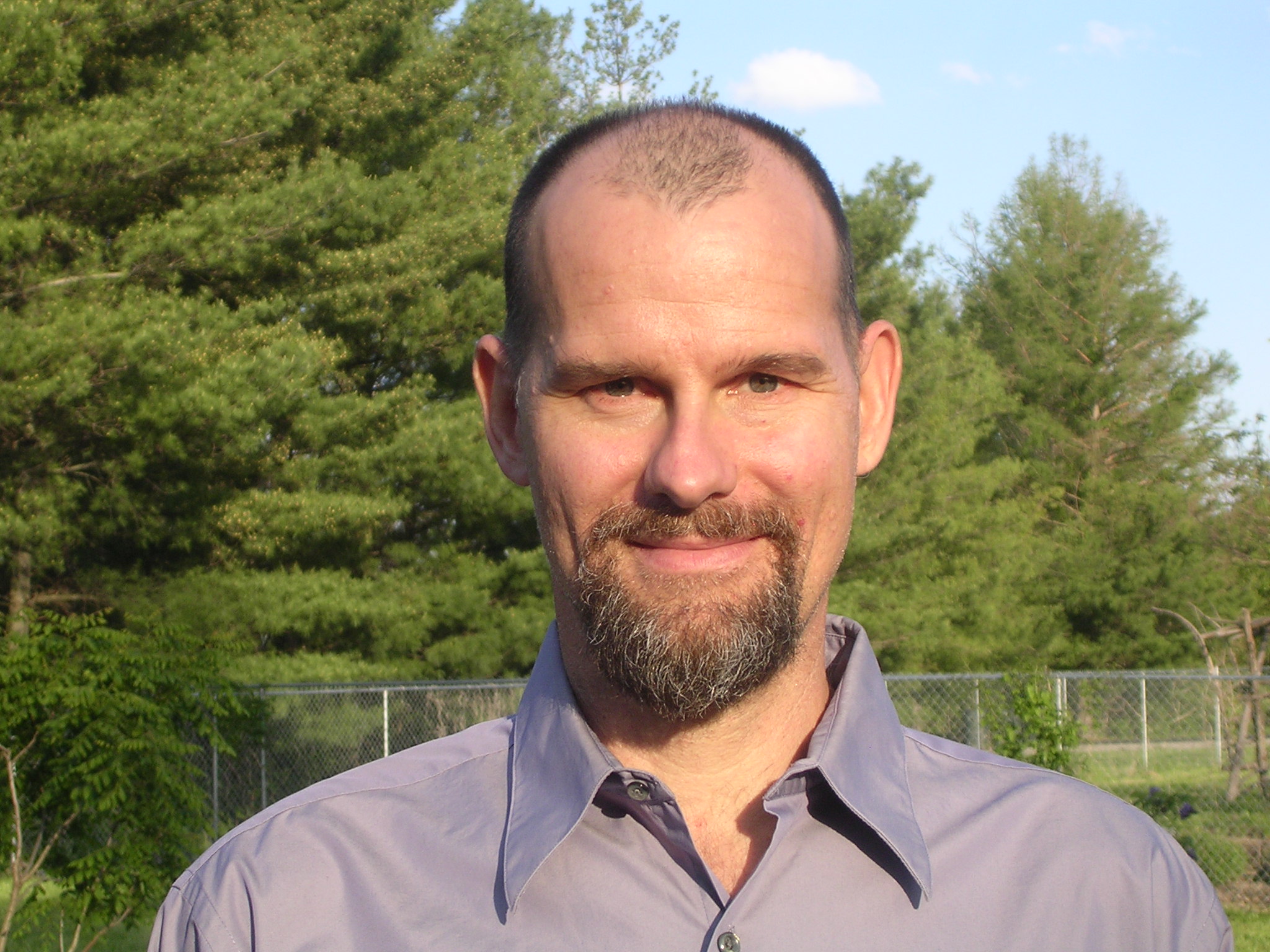
Steve Roach
Steve Roach is the Safe and Healthy Food Program Director for Food Animal Concerns Trust (FACT). He leads FACT’s efforts to reduce and eliminate public health threats that originate on industrial livestock raising facilities. Steve has for over twenty years worked to get food companies, government agencies, and intergovernmental organizations to adopt policies to end the overuse of antimicrobials in agriculture.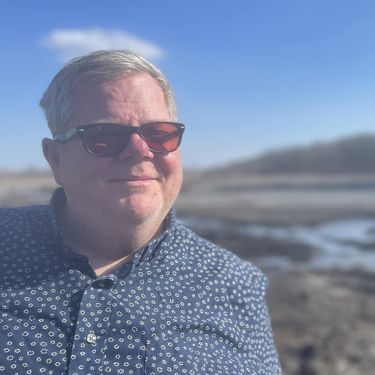
Chris Schwartz
Chris Schwartz is the Executive Director of the Iowa Food System Coalition, a Black Hawk County Supervisor, and a lifelong advocate for social, environmental, and economic justice. When he’s not organizing people, he enjoys playing electric and upright bass, gardening, cooking, travel, antiques, and hosting parties.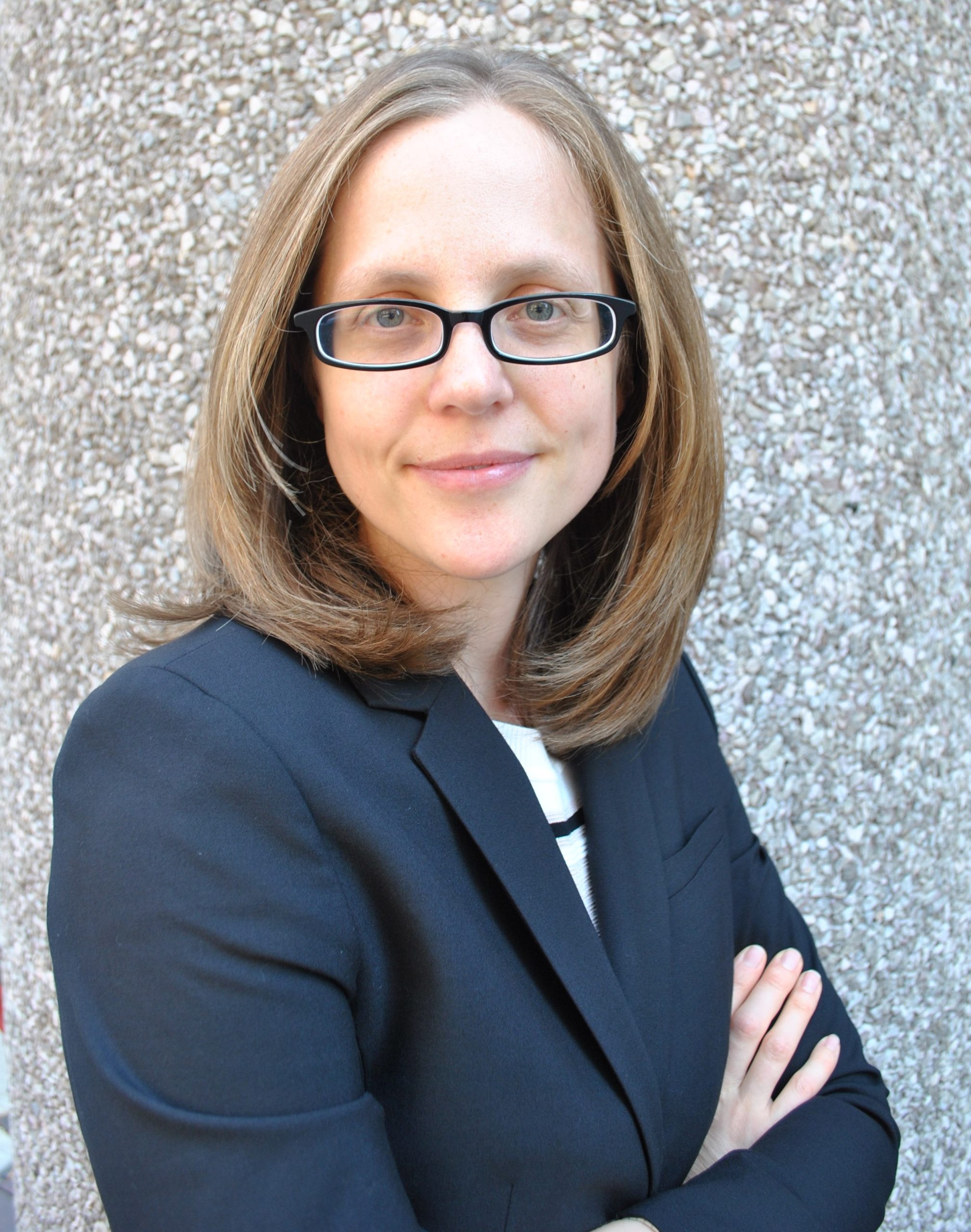
Sarah Sorscher
Sarah Sorscher is an experienced advocate with a passion for public health who fights for a safer, healthier, more transparent food system by promoting consumer safeguards with Congress, federal agencies, and state and local governments. As Director of Regulatory Affairs, she manages CSPI’s policy work related to food safety and labeling, allergens, food additives, dietary supplements, and other consumer products. Her work includes serving on federal advisory committees, testifying before Congress and federal agencies, offering technical advice to policymakers, and providing commentary to the media on consumer and food safety issues.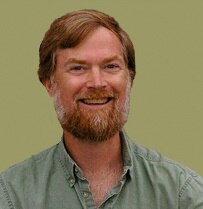
Charlie Tebbutt
During his career at the Western Environmental Law Center, the Atlantic States Legal Foundation, and in private practice, Charlie Tebbutt has represented communities in more than 30 states who have been affected by pollution and chemical exposure, including against scores of Fortune 500 companies.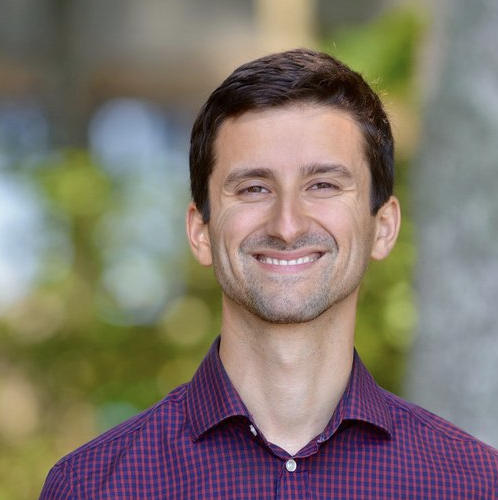
Kenny Torrella
Kenny Torrella is a senior reporter for Vox’s Future Perfect section, with a focus on animal welfare and the future of meat. He’s also the author of Processing Meat, a new Vox newsletter covering how the meat and dairy industries shape our health, politics, culture, and environment.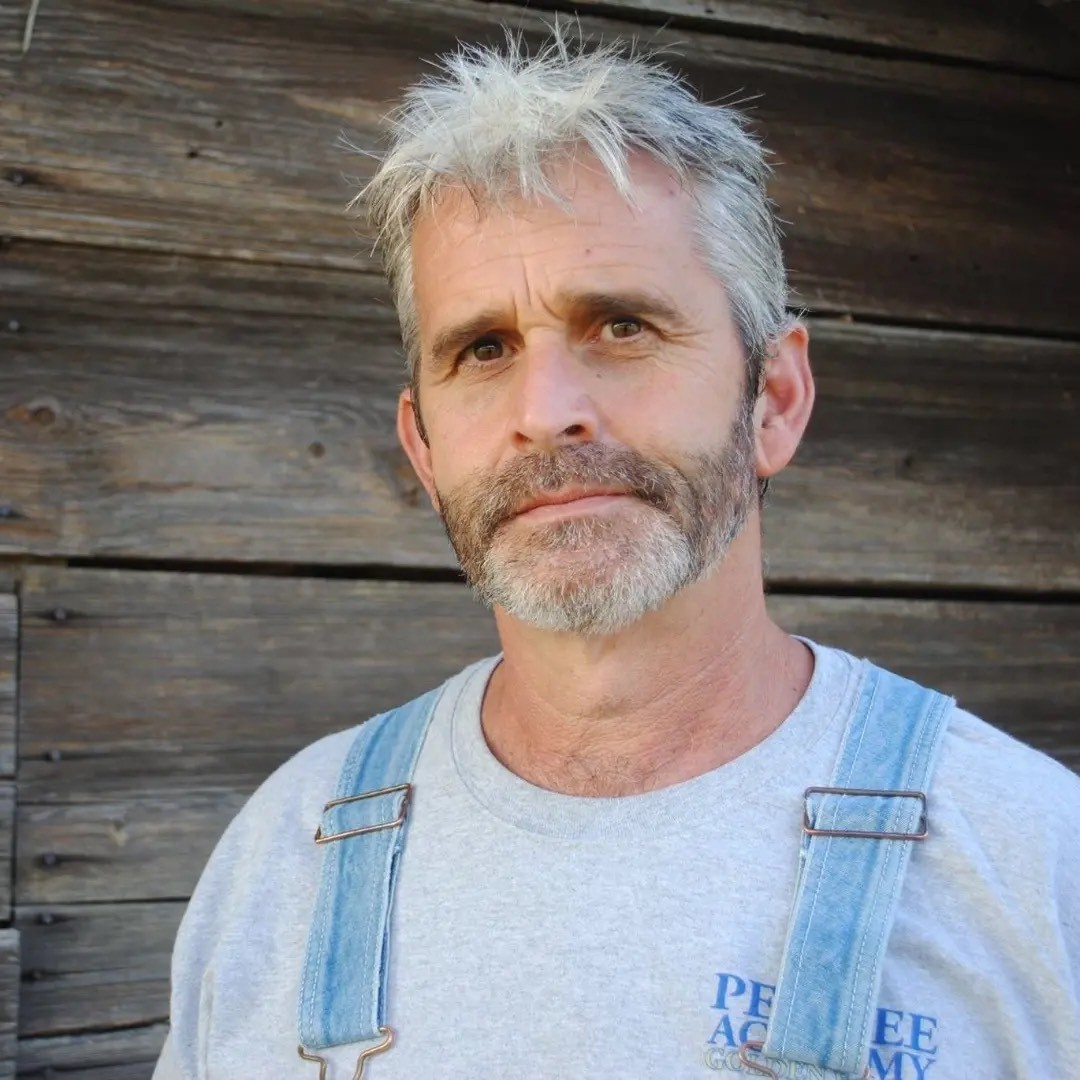
Craig Watts
Craig Watts is a former contract chicken grower for poultry giant Perdue. He made headlines when he teamed up with Compassion in World Farming USA to expose animal issues rampant throughout the company’s operations. Craig’s story has been featured in the New York Times and on Tonight with John Oliver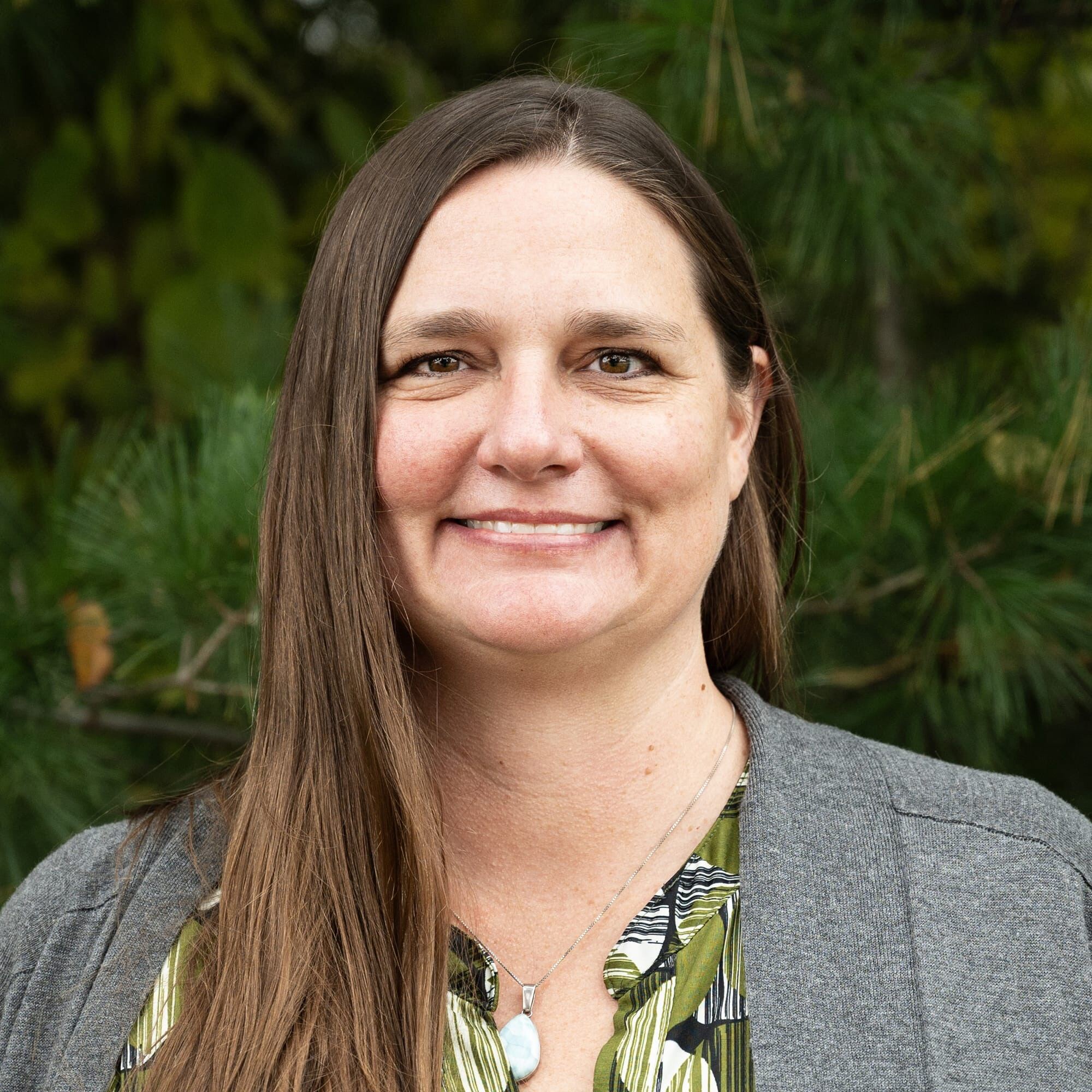
Sally Worley
Sally Worley is the executive director of Practical Farmers of Iowa. A native of Northeast Iowa, Sally has a Bachelor of Science in horticulture and environmental studies from Iowa State University, and an Executive Master of Public Administration from the University of South Dakota.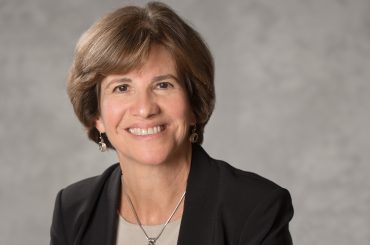
Debbie Berkowitz
Debbie Berkowitz is a Fellow at the Kalmanovitz Initiative for Labor and the Working Poor at Georgetown University. She is a a nationally recognized worker safety and health policy expert and advocate. From 2009-2015 she was the Chief of Staff and Senior Policy Advisor at the Federal Occupational Safety and Health Administration.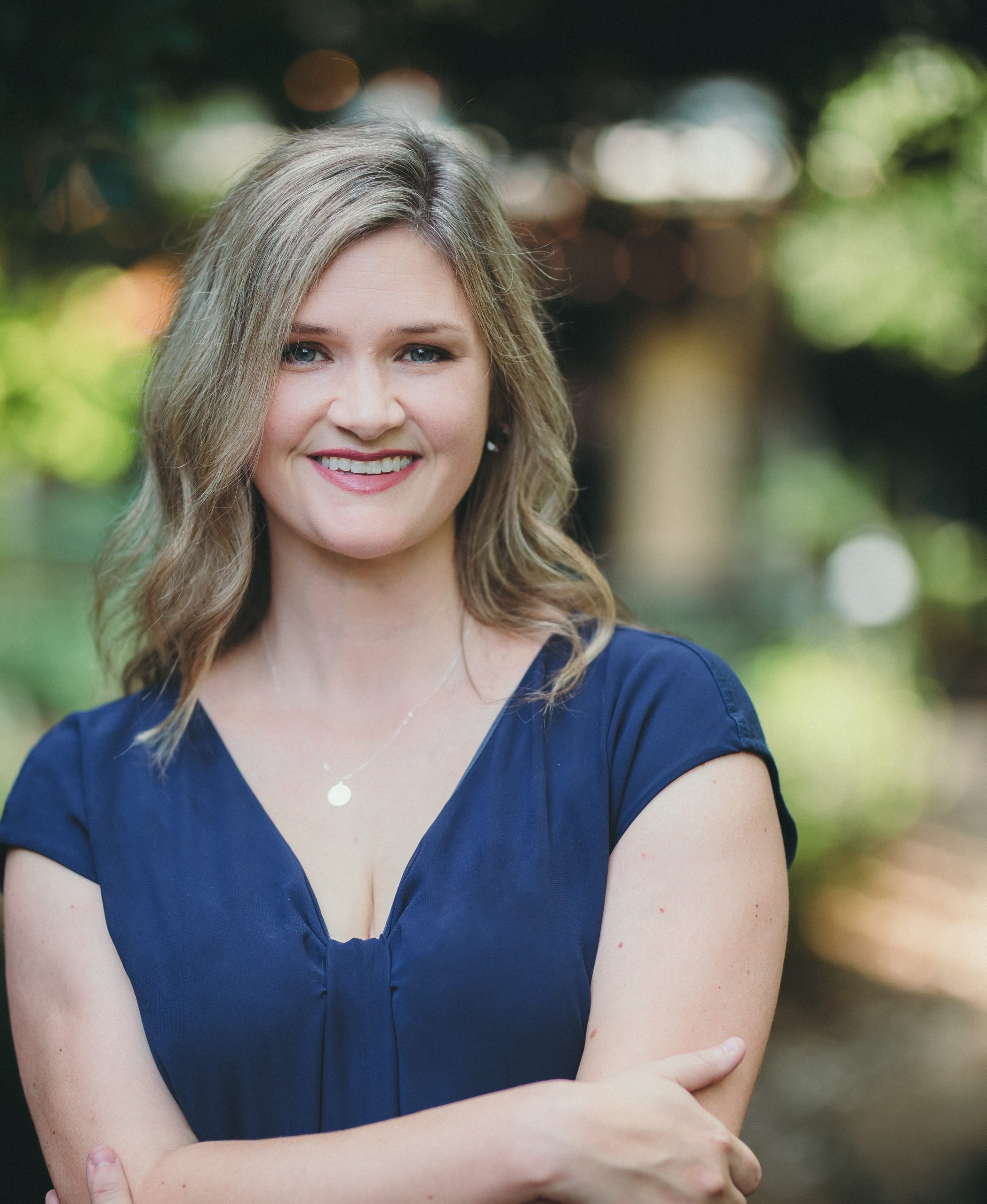
Jessica Culpepper
Jessica Culpepper is the Executive Director of FarmSTAND, the only legal advocacy group focused solely on the fight for a fair food system in courtrooms and communities. Jessica’s career has been entirely focused on legal advocacy on behalf of farmed animals and communities harmed by industrial animal agribusiness. As a lawyer, Jessica worked primarily on fighting pollution from factory farms with fenceline communities and advocating for federal and state policy reform to advance fair food systems.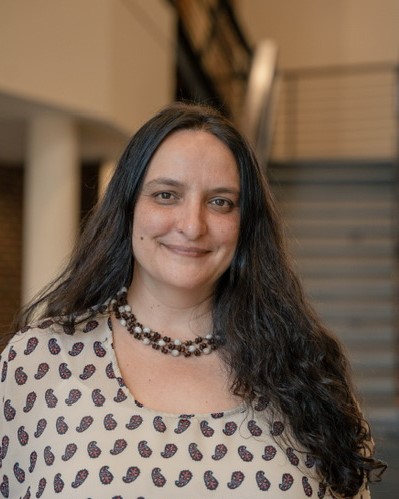
Lisa Gonzalez
Lisa Gonzalez is a Senior Food and Climate Policy Analyst at Friends of the Earth, where she works to support climate-friendly federal food procurement initiatives. She holds degrees in Environmental Studies and Nutrition and is currently working on a Doctorate in Educational Leadership.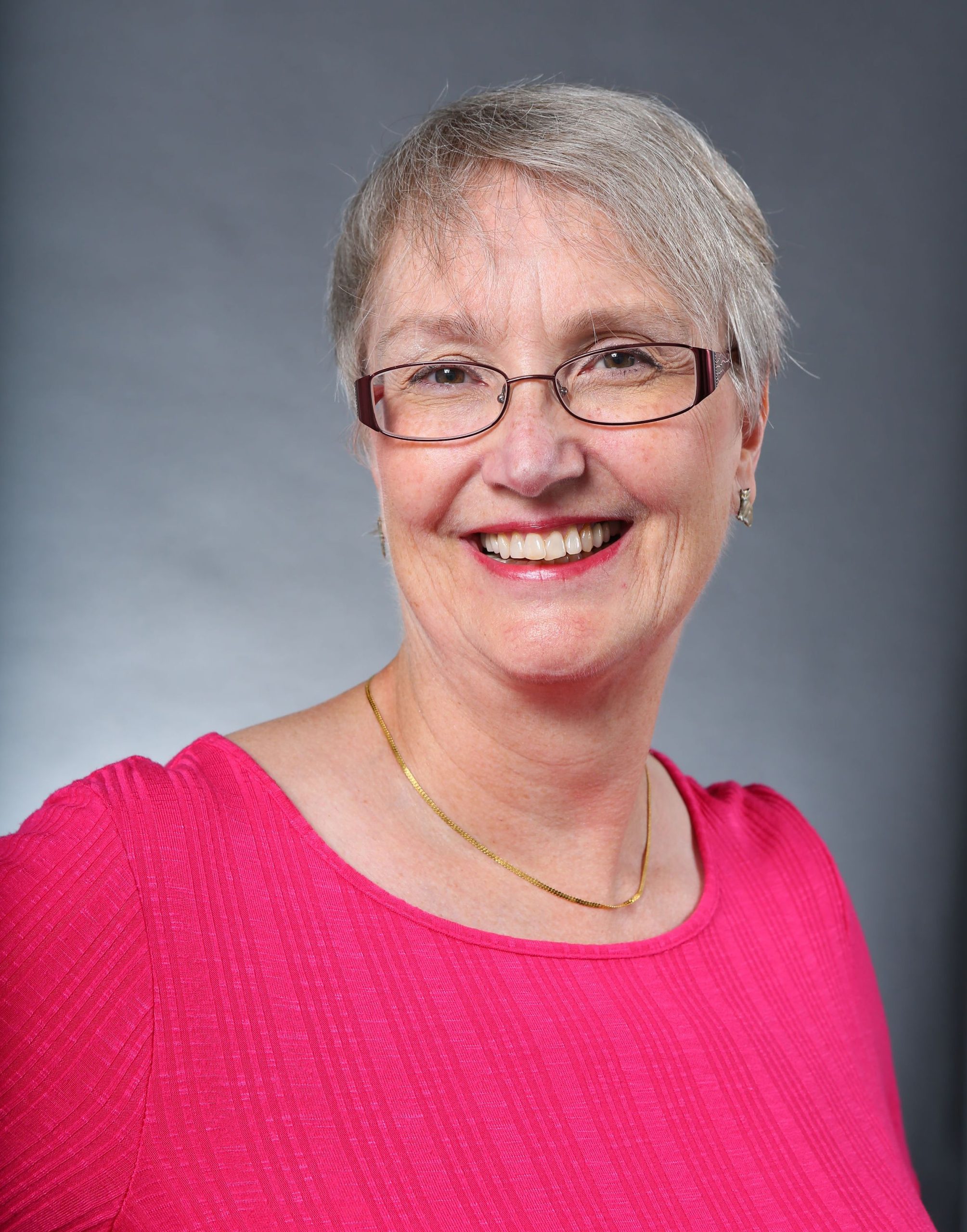
Dr. Gail Hansen
Dr. Gail Hansen is a public health veterinarian who has worked on One Health issues nationally and internationally with government agencies, universities, non-government organizations, and industry. Dr. Hansen worked at the Kansas Department of Health and Environment for 12 years before working for Senator Bernie Sanders as a Congressional Fellow and staffer. She then joined the Pew Charitable Trusts before becoming an independent consultant.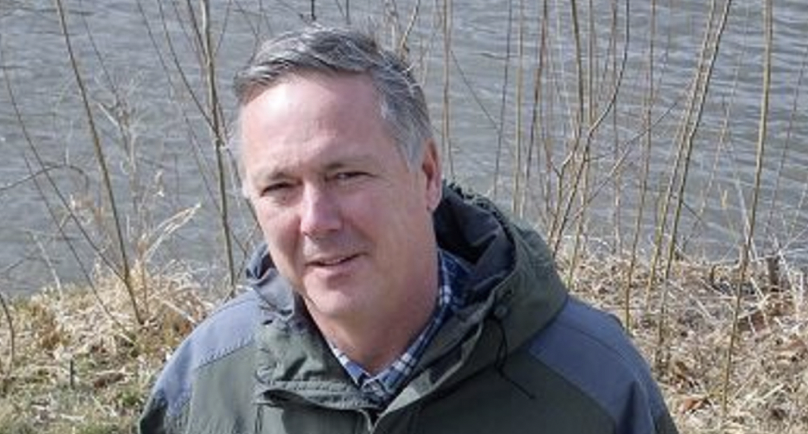
Chris Jones
Chris Jones is a retired water quality scientist who worked at the University of Iowa, Iowa Soybean Association and Des Moines Water Works. He has authored 55 scientific journal articles, several book chapters, and is author of the book The Swine Republic, Struggles with the Truth about Agriculture and Water Quality. He’s also a frequent guest on Iowa Public Radio and has appeared on NPR’s On Point. He lives in Iowa City.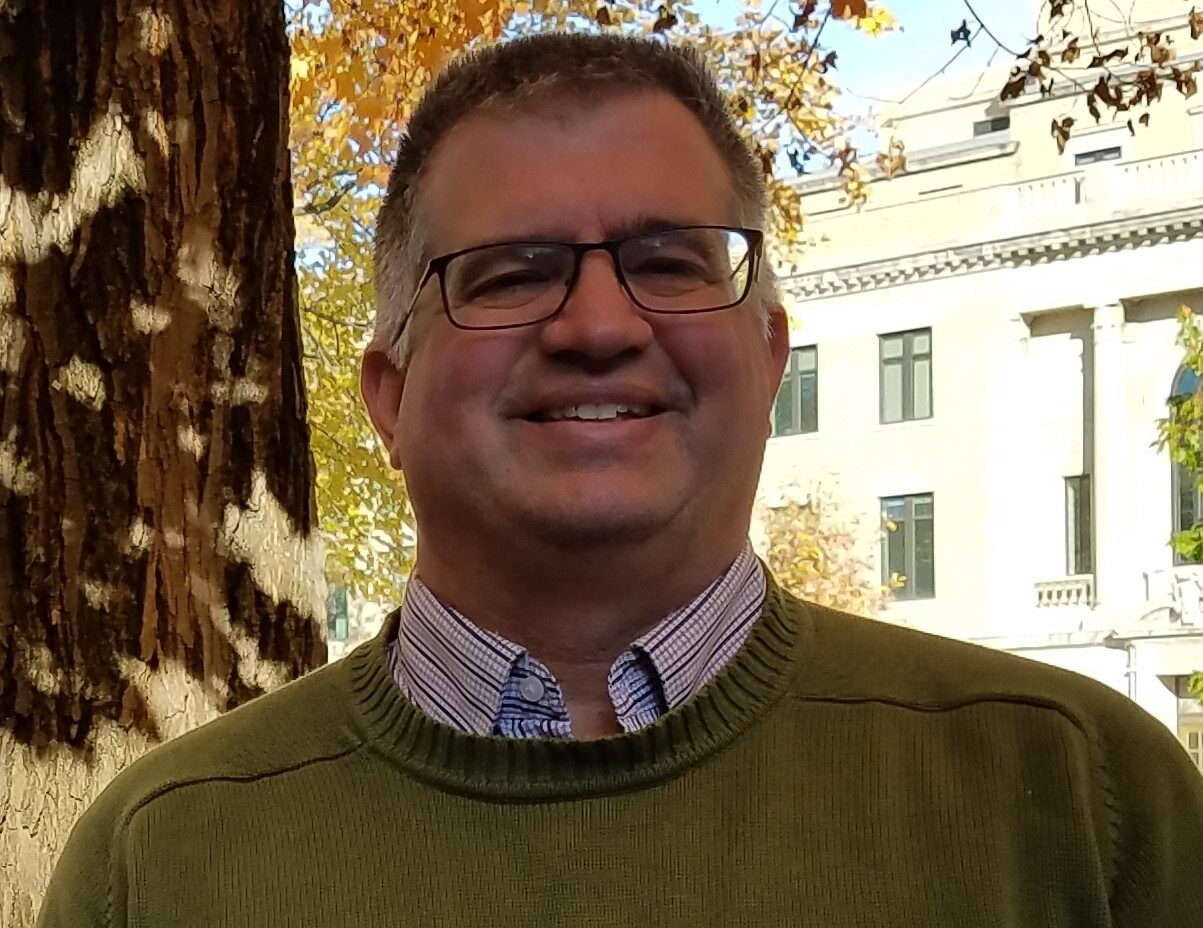
Aaron Heley Lehman
Aaron Heley Lehman is a fifth-generation family farmer from rural Polk County, IA. He and his family raise corn, soybeans, oats, and hay in both organic and conventional operations. Aaron is a graduate of North Polk High School of Alleman, IA and St. Olaf College of Northfield, MN. Aaron is the President of the Iowa Farmers Union. He was the Vice-president of the Iowa Farmers Union prior to his election as President. He also previously served as executive director and legislative director of the Iowa Farmers Union. He has served on the National Farmers Union Policy Committee. His father, Phil Lehman, was Vice-president of the Iowa Farmers Union in the 1980s and Aaron attended Farmers Union youth activities as he grew up.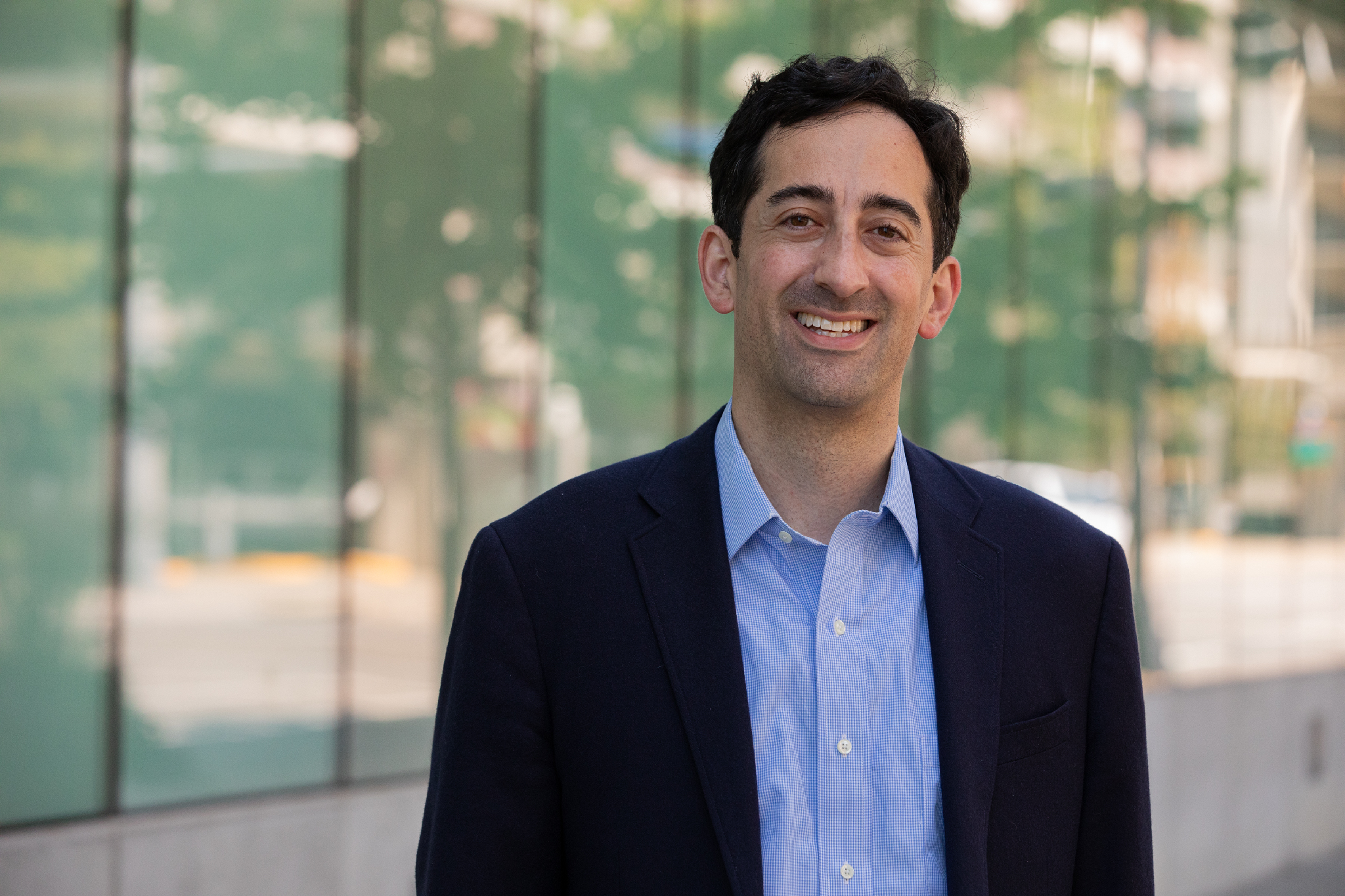
Josh Mandelbaum
Des Moines City Councilmember
Josh Mandelbaum is a Des Moines-based senior attorney with the Environmental Law & Policy Center. Josh’s practice focus is clean energy and clean water. His work helps facilitate Iowa and the Midwest’s transition to a clean energy economy, and to improve Iowa’s water quality for all users from drinking water to families at play. Before joining ELPC, Josh practiced law with Lane & Waterman LLP in Davenport, Iowa. Previously, Josh served as a senior policy advisor to Iowa Governor Thomas J. Vilsack and Lt. Governor Sally J. Pederson. Josh is a graduate of Brown University and the University of Iowa College of Law, and is a Truman Scholar. Josh currently serves on the Des Moines City Council.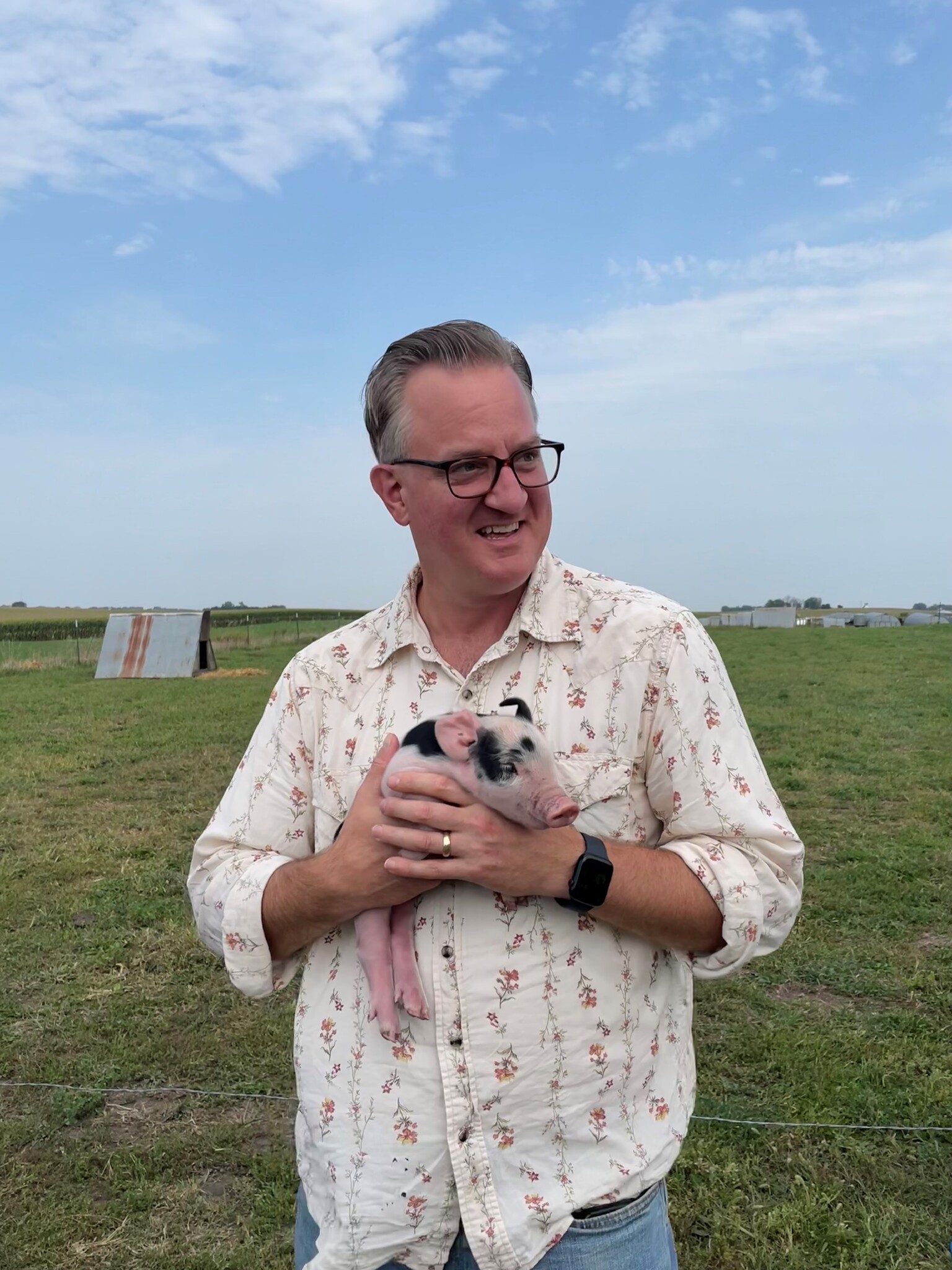
Adam Mason
Adam Mason is the Senior Manager of Farm Animal Welfare and Environmental Policy for the ASPCA’s Farm Animal Welfare/Policy Response and Engagement division, working to advance policies to improve farm animal welfare; phase out factory farms; and invest in farmers implementing more humane and welfare certified farming practices.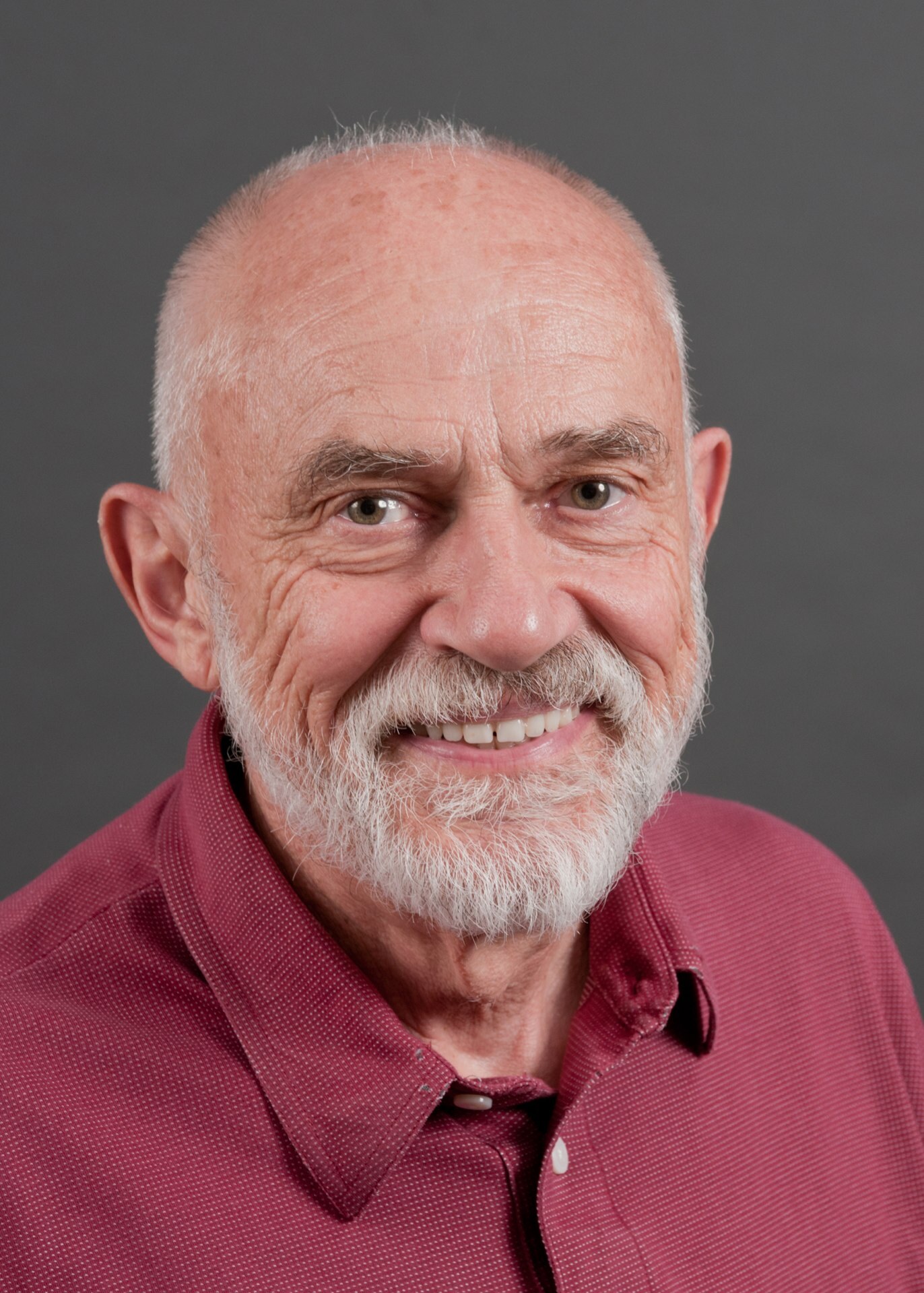
David Osterberg
David Osterberg is Emeritus Clinical Professor in the Department of Occupational and Environmental Health at the University of Iowa. He has also retired from a second job he held since 2001 as an environmental researcher at the Iowa Policy Project, an Iowa-based public policy think tank that he founded and directed for 12 years. (Now called Common Good Iowa)Osterberg is a former state representative who was chairman of the House Energy and Environmental Protection Committee as well as the Agriculture Committee. He was the Democratic candidate for the U.S. Senate in 1998 and worked as special assistant on climate change to the Director of the Iowa Department of Natural Resources. Osterberg holds advanced degrees in Water Resources Management and Agricultural Economics from the University of Wisconsin-Madison. He and wife Kay Johansen live in Mount Vernon, Iowa.
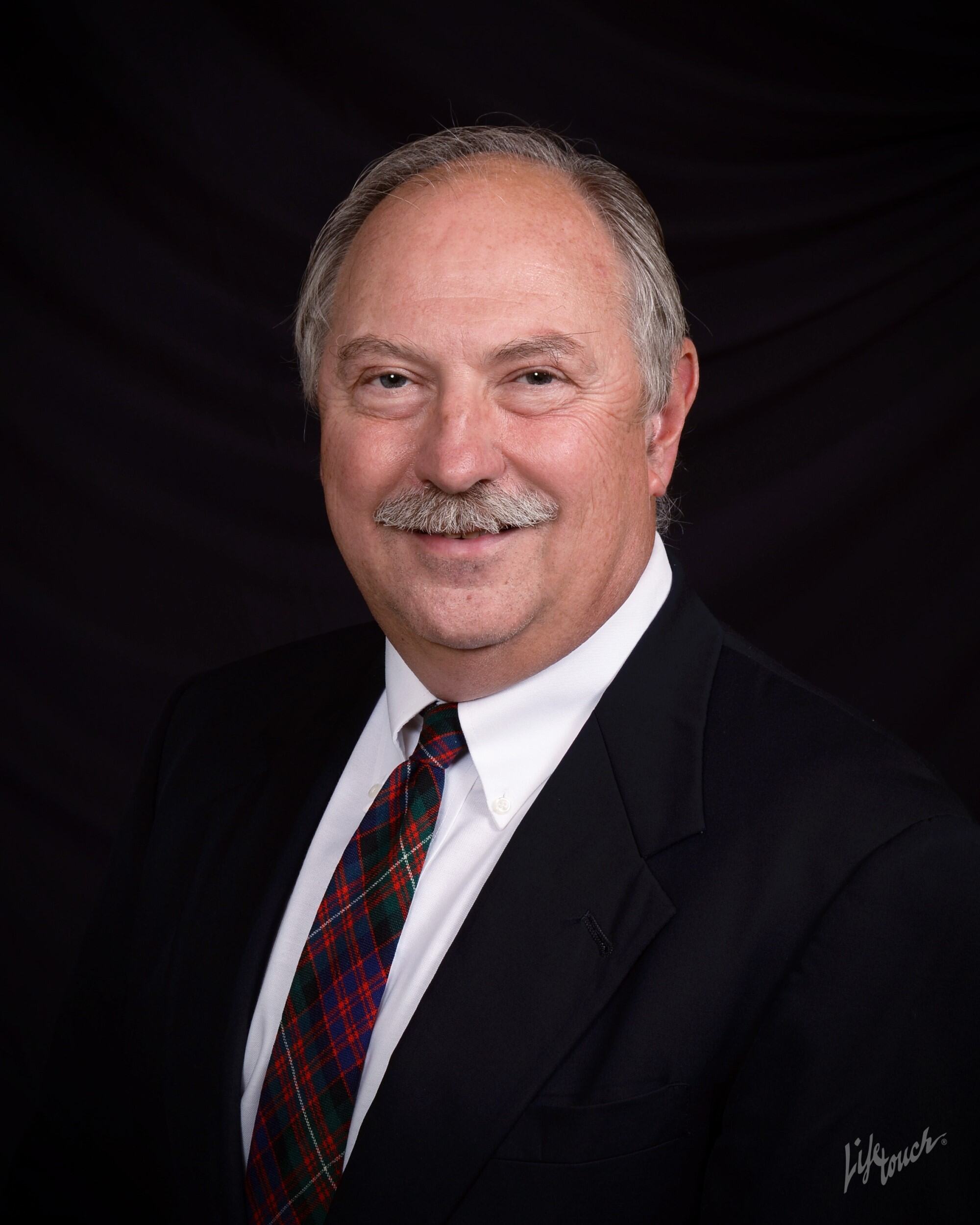
Wayne Sanderson
Wayne Sanderson is Professor of the Biosystems and Agricultural Engineering Department in the College of Agricultural, Food, and the Environment and the College of Engineering at the University of Kentucky. Dr. Sanderson has a research focus on occupational and environmental health. He is the Director of the NIOSH-funded Central Appalachian Regional Education Research Center (CARERC) and the Southeast Center for Agricultural Health and Injury Prevention (SCAHIP). He conducts research on respiratory diseases, cancers, infectious diseases, injuries, chronic diseases, and adverse birth outcomes associated with a wide variety of occupational and environmental exposures. The research projects of his many students cover a very broad range of topics encompassing epidemiology, exposure assessment, and risk assessment components.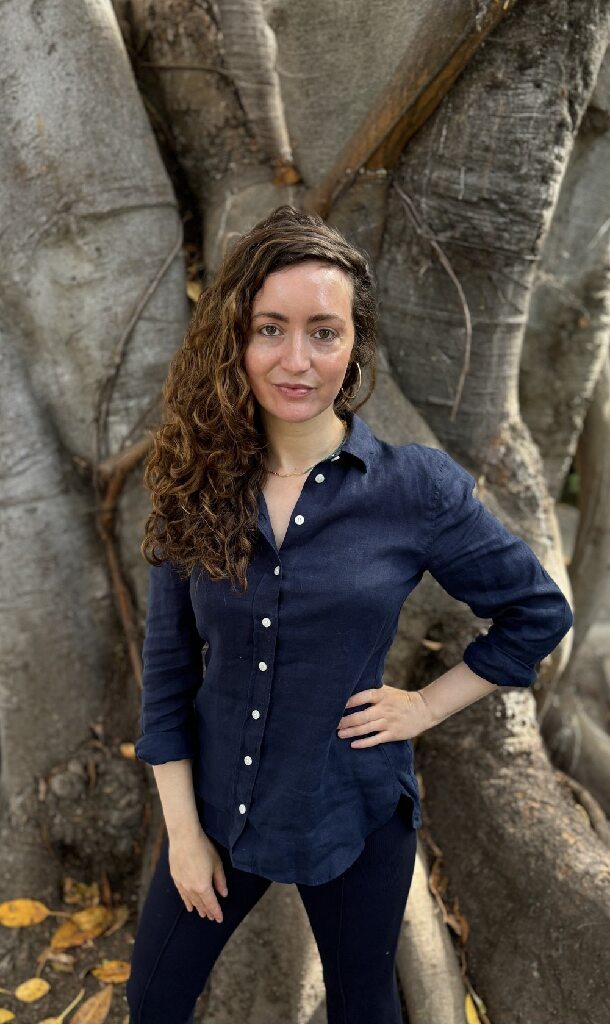
Julia Simon
Julia Simon is the Climate Solutions reporter on NPR’s Climate Desk. She covers the ways governments, businesses, scientists and everyday people are working to reduce greenhouse gas emissions. She also works to hold corporations, and others, accountable for greenwashing. Simon is a longtime contributor to NPR News and programming, including the Science, International and Business desks, as well as NPR’s climate coverage. She has also reported for several NPR podcasts, including Planet Money, The Indicator, Rough Translation, Short Wave, Life Kit and Code Switch, and has done investigations for CIR’s Reveal. She began her career at the BBC Cairo bureau and has worked as an energy reporter at Reuters.
Dr. Megan Srinivas
Iowa State Representative
Dr. Megan Srinivas grew up in small town Iowa as the daughter of two Indian immigrants and is serving in the Iowa House of Representatives (House District 30). She is an infectious disease physician and translational health policy researcher who focuses on delivering care to rural and low-resource settings in the U.S. and globally. Dr. Srinivas recently led a NIH-funded study analyzing legislative defunding of family planning health centers and is currently co-leading a World Health Organization (WHO) project advancing access to sexual and reproductive health care in resource-limited settings. She is the host of the American Medical Association (AMA) and the Centers for Disease Control and Prevention health equity podcast, Stories of Care. Additionally, she serves at the infectious disease expert for Iowa Primary Care Association’s Project ECHO. She graduated from Harvard University in 2009, University of Iowa Medical School in 2014, Harvard School of Public Health in 2014, medical residency at Johns Hopkins University in 2017, and infectious disease fellowship at the University of North Carolina in 2019.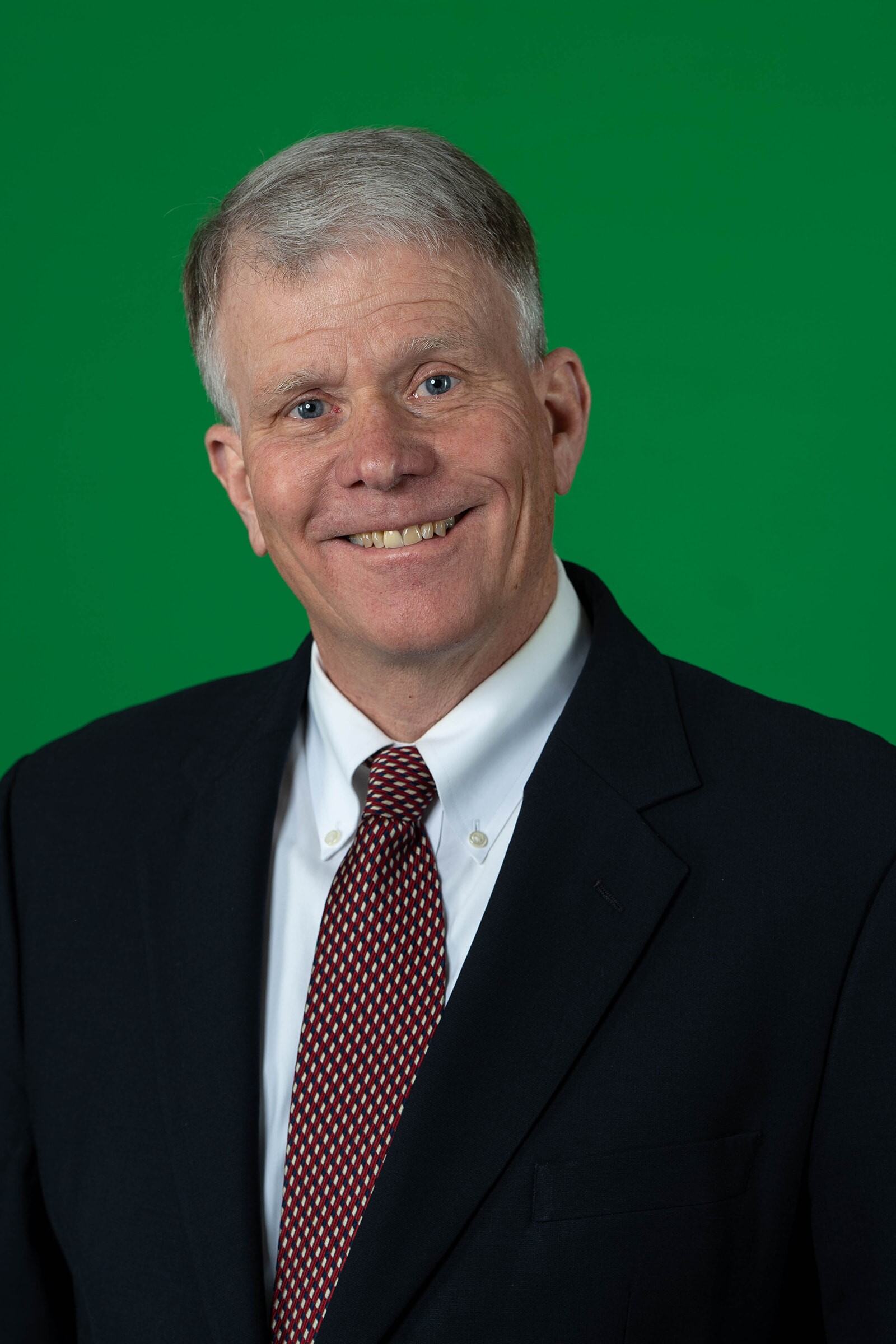
Kevin Techau
Kevin Techau served as the presidentially appointed United States Attorney for the Northern District of Iowa 2014-2017. As U.S. Attorney, he led two offices with a staff of 29 Assistant United States Attorneys and 26 support staff. Kevin served as Co-Chair of the Attorney General’s Environmental Issues working group subcommittee and as a member of the Health Care Fraud, Cyber Security, Civil Rights, and Service Members and Veterans Rights subcommittees.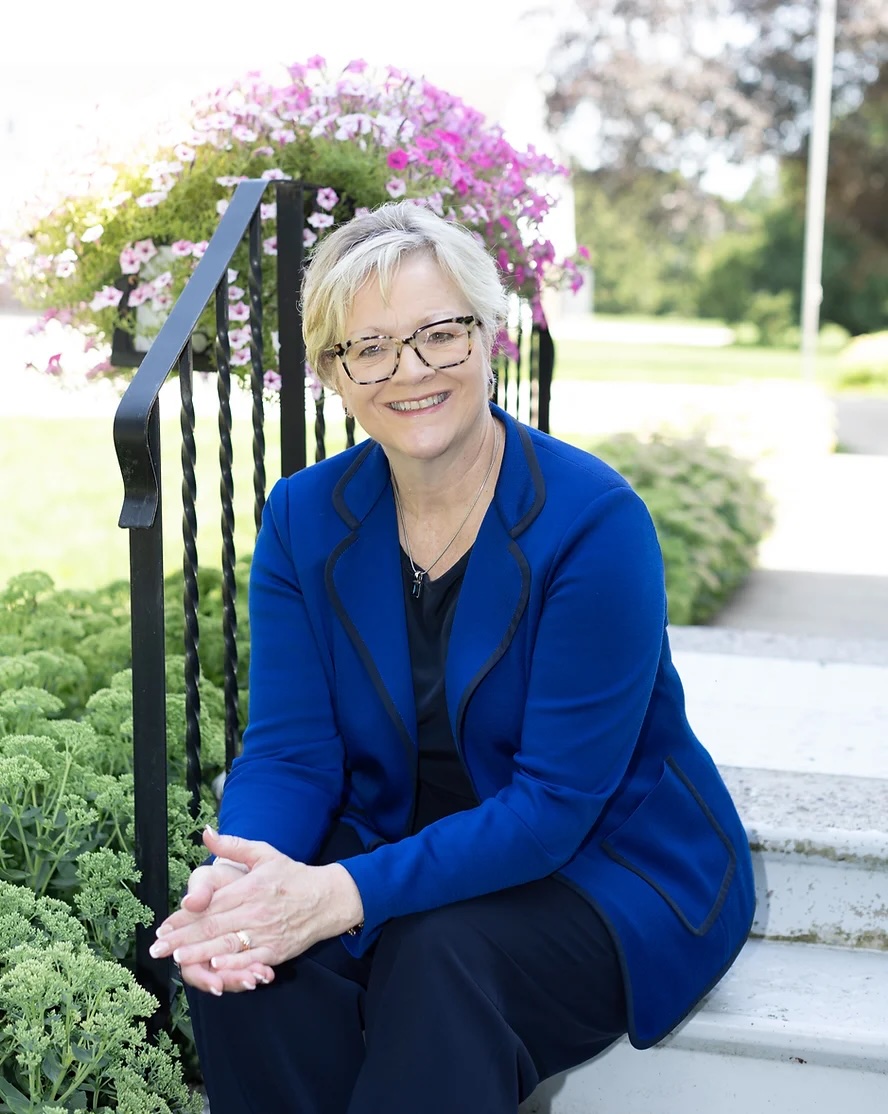
Sonja Trom Eayrs
Sonja Trom Eayrs, author of Dodge County, Incorporated: Big Ag and the Undoing of Rural America, is a farmer’s daughter, rural advocate, and attorney. She is involved in several rural advocacy organizations, including the Socially Responsible Agriculture Project, Farm Action, Land Stewardship Project, and Dodge County Concerned Citizens. Trom Eayrs also serves as the business manager for the Trom family farm in Dodge County, Minnesota.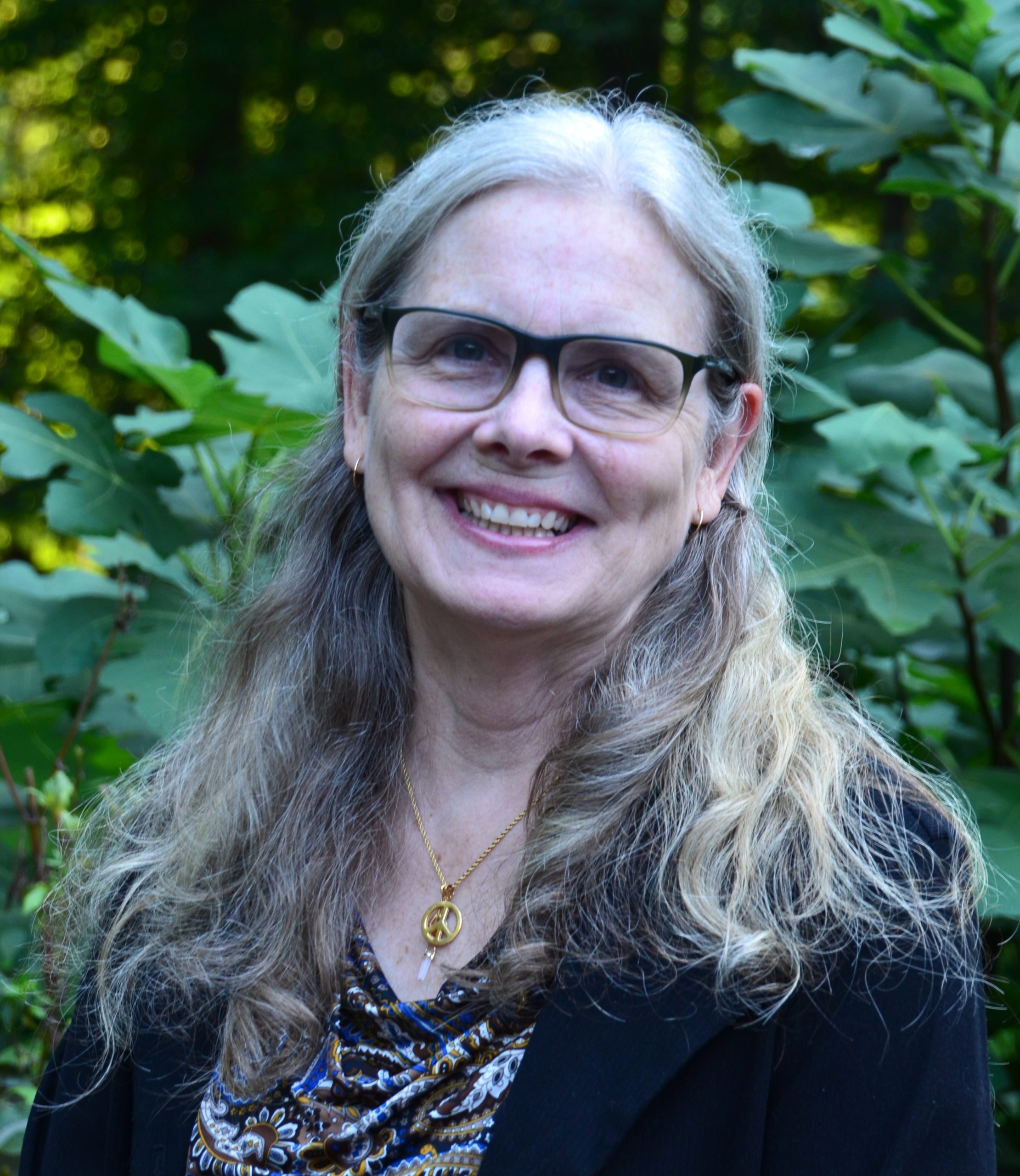
Dr. D'Ann Williams
Dr. D’Ann Williams is an Assistant Scientist in the Department of Environmental Health and Engineering at the Johns Hopkins Bloomberg School of Public Health. She joined the Johns Hopkins Center for a Livable Future (CLF) in 2020. At the CLF her work focuses on investigating the intersection of food systems and public health. As a CLF-Lerner Fellow she conducted research on mega-dairies in Yakima Valley, Washington in collaboration with CLF and local academic and community partners.Address: 2800 University Avenue, Des Moines, IA 50311
Phone: (515) 271-3623
Email: harkininstitute@drake.edu
Office Hours: Monday to Friday 9:00 a.m. to 4:00 p.m.



